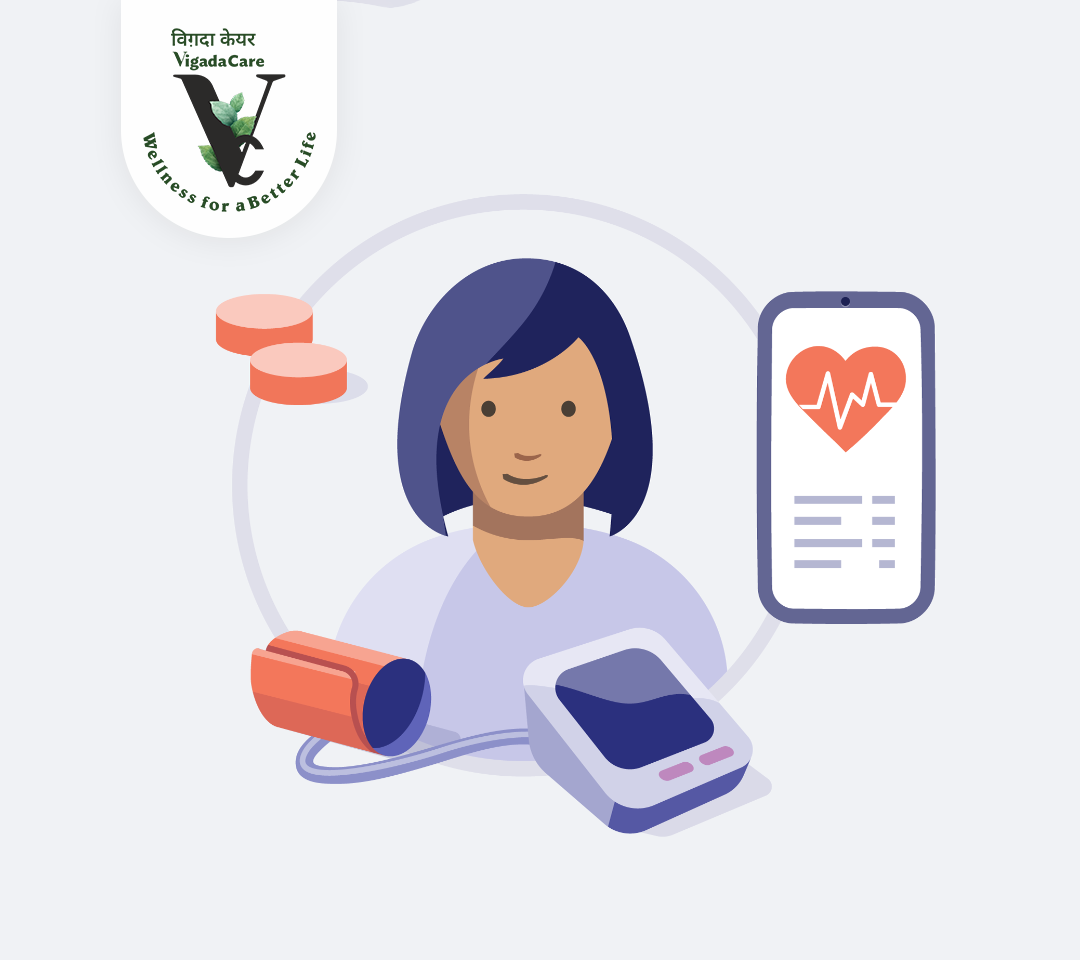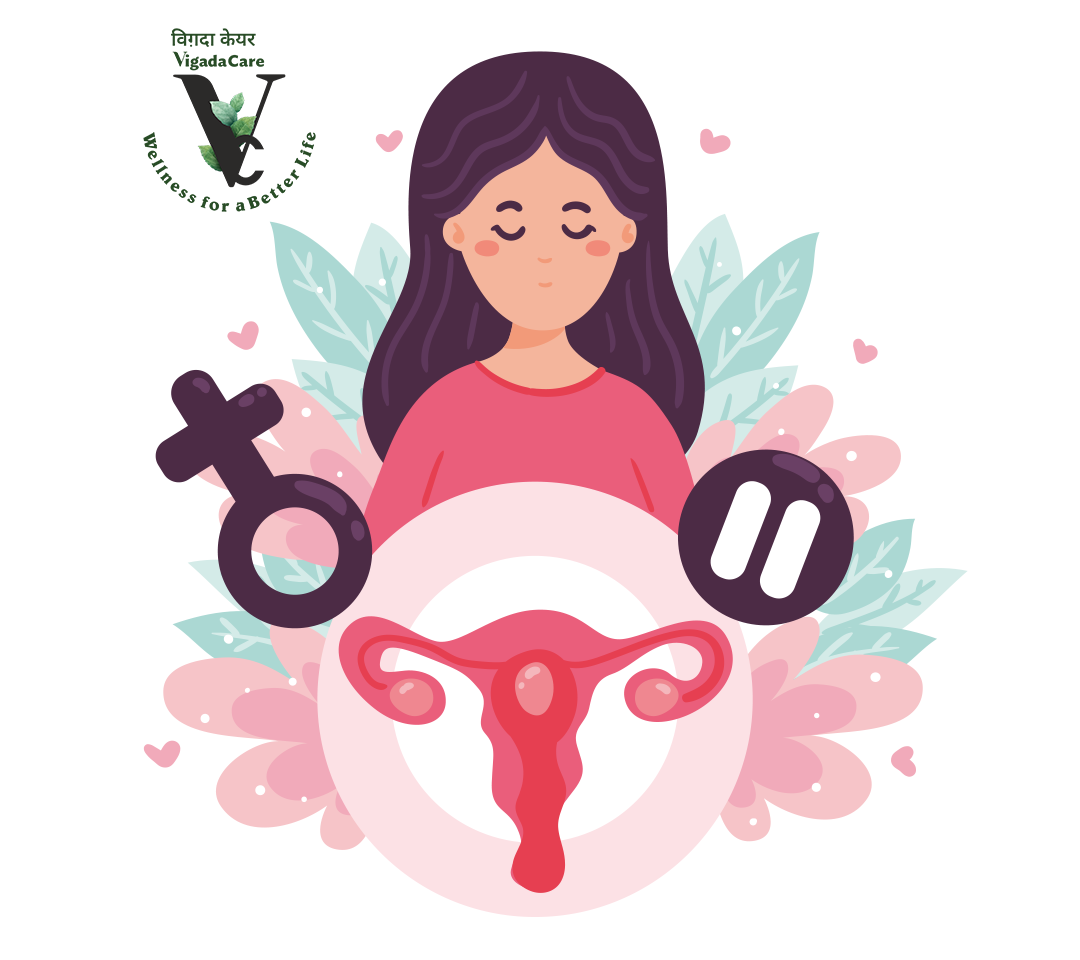
Understanding PCOD from an Ayurvedic Perspective
Understanding PCOD from an Ayurvedic Perspective
PCOD, or polycystic ovary syndrome, is a disorder that affects women's ovaries, which generate progesterone and estrogen hormones that help regulate the menstrual cycle, Minor levels of inhibin, relaxin, and androgens, male hormones, are also present.
Almost 10% of women worldwide suffer from PCOD. Women with PCOS create more masculine hormones than usual. This hormonal imbalance causes them to skip menstrual periods, making it difficult for them to become pregnant.
Aside from unexpected hormonal behavior, this illness can cause
· Diabetes
· Infertility
· Acne
· Excessive hair growth
It's a rather prevalent condition with no known cure.
What is PCOD Problem?
The medical term for PCOD is Polycystic Ovarian Disease.
PCOD (Polycystic Ovarian Disease) is a medical disorder in which a woman's ovaries generate a significant number of immature or partially mature eggs, which eventually develop into ovarian cysts. As a result, the ovaries grow in size and generate a huge amount of male hormones (androgens), which causes infertility, irregular menstruation periods, hair loss, and abnormal weight gain. PCOD can be managed with food and lifestyle changes.
The prevalence of PCOD in India:
Only a few researchers participated in this study, which looked at the prevalence of polycystic ovarian disease (PCOD) in various regions of India. According to little information, the incidence of PCOD in India ranges from 3.7% to 22.5%. It is difficult to estimate the prevalence of PCOD in India due to a lack of statistics and differences among areas.
What are the most prevalent indications and symptoms of PCOD?
Some women notice symptoms around the time of their first period, while others don't until they've gained a lot of weight or are having problems getting pregnant. The most prevalent signs and symptoms of PCOD Problem in women are:
· Irregular menstruation (Oligomenorrhea)
· Skipped or absence of menstruation (Amenorrhea)
· Heavy menstrual bleeding (Menorrhagia)
- · Excessive hair growth on the face, back, stomach, and chest.
· Acne (face, chest, and upper back)
· Weight gain
· Scalp hair loss (thinning and falling off).
· Darkening of skin on the neck, groin, and under breasts.
PCOD Causes:
Exactly how women are impacted by PCOD is unknown, but here are several major factors:
• Excess insulin might lead to increased testosterone production, which can hinder ovulation.
• Excess androgen production in the ovaries can cause acne and hirsutism.
• A recent study found that females with PCOD experience low-grade inflammation, which leads to increased androgen production and potential issues with blood vessels and the heart.
• Women with PCOS have a hereditary link.
Complications of PCOD issues
Every woman will question what happens to her body when she develops PCOD. High androgen levels might have an effect on your health. These are the symptoms of PCOD that require medical treatment:
· Abnormal uterine bleeding
· Infertility or hypertension Infertility
· Type 2 diabetes
· Preterm labor and premature birth
· Metabolic syndrome (risk for high blood sugar, high blood pressure, heart disease, diabetes, and stroke)
· NASH (Non-alcoholic steatohepatitis)
· Depression (Many women end up experiencing depression and anxiety due to unwanted hair growth and other symptoms)
- · Obese women are more likely to get sleep apnea, which causes frequent pauses in breathing and disrupts sleep.
· Endometrial cancer (Due to thickened uterine lining)
· Miscarriage (spontaneous loss of a pregnancy)
Pcysto Well Ayurvedic Medicine is the most effective way to diagnose PCOD.
Pcysto Well Ayurvedic Medicine uses a comprehensive approach to diagnose Polycystic Ovarian Disease (PCOD). The diagnosis approach integrates traditional Ayurvedic concepts, with an emphasis on the individual's unique body constitution (Prakriti), lifestyle, and symptoms. This involves a thorough consultation to better understand menstrual irregularities, hormonal imbalances, and related symptoms like weight gain, acne, and hair loss. Pulse diagnosis (Nadi Pariksha) and other Ayurvedic diagnostic procedures are used to detect underlying imbalances in the doshas (Vata, Pitta, and Kapha) that contribute to PCOD. Pcysto Well's complete approach strives to provide a specific treatment strategy that promotes hormonal balance and reproductive health.
Recent Blogs

Understanding the Three Doshas of Ayurveda
Understanding the Three Doshas of Ayurveda Ayurveda ... Read More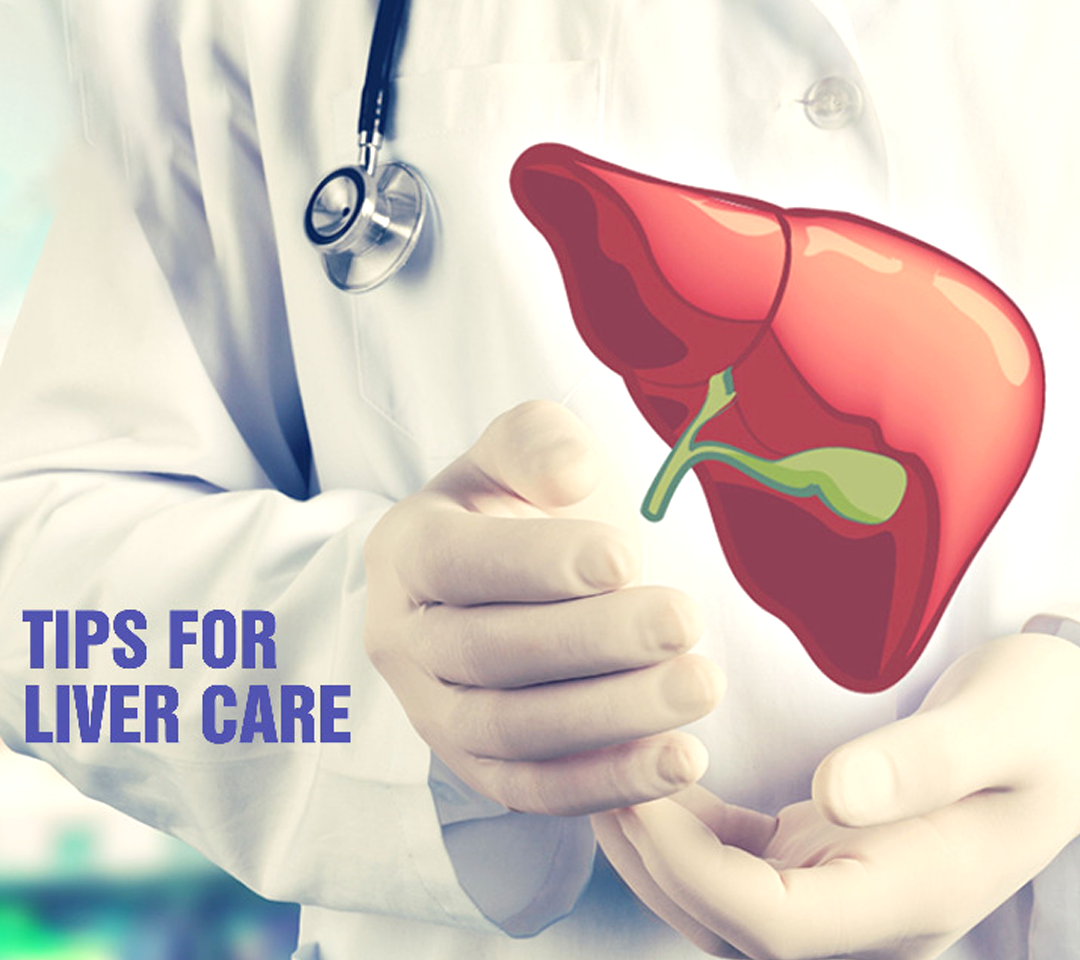
The Importance of Liver Health: Tips for a Healthy Liver
The Importance of Liver Health: Tips for a Healthy Liver, Th... Read More
How Do I Cure Asthma Naturally?
How Do I Cure Asthma Naturally, Avoiding triggers such ... Read More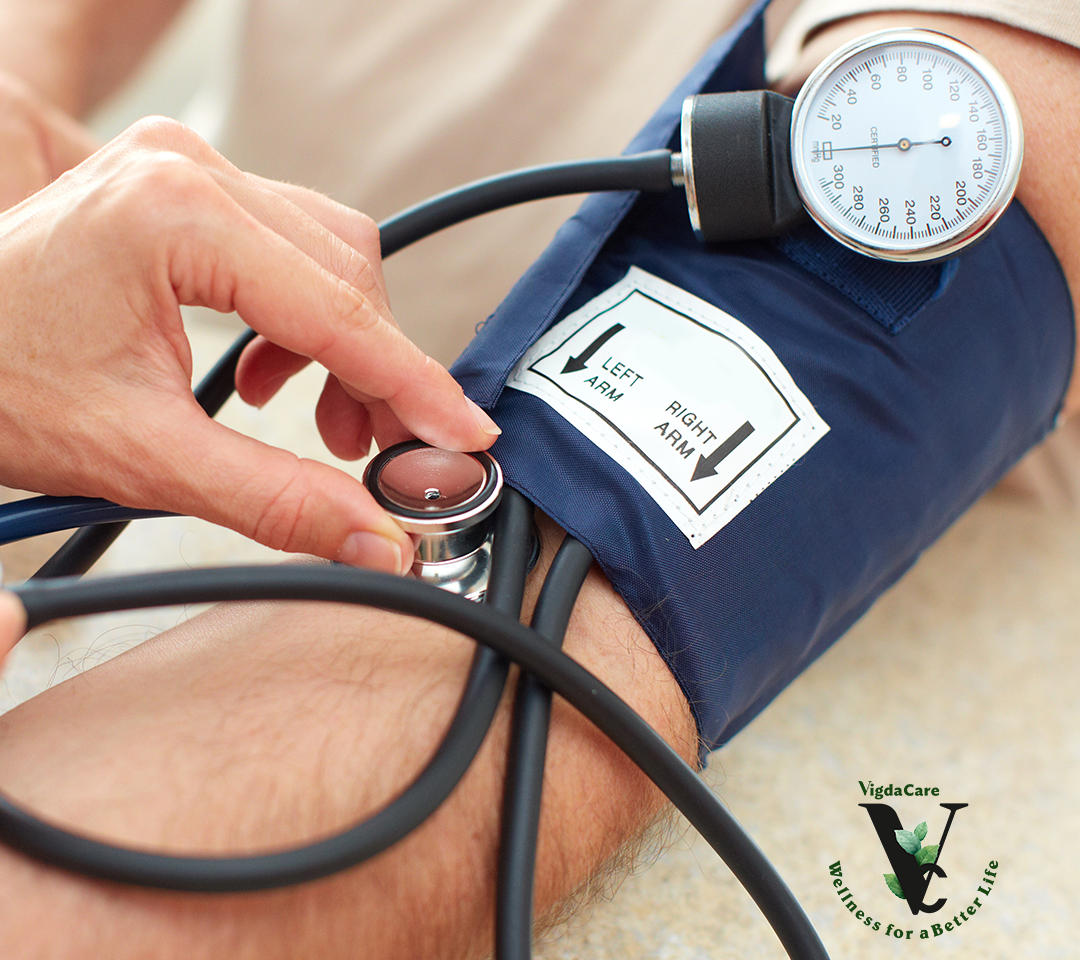
How Do I Control Blood Pressure?
How Do I Control Blood Pressure, High blood pressure, also k... Read More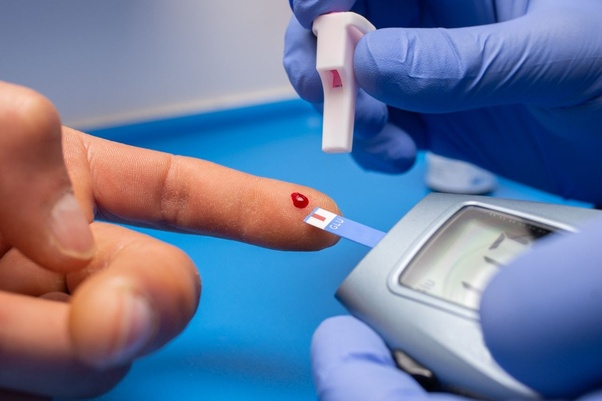
Is Ayurvedic Medicine For Diabetes Safe?
Is Ayurvedic Medicine For Diabetes Safe, Ayurvedic medi... Read More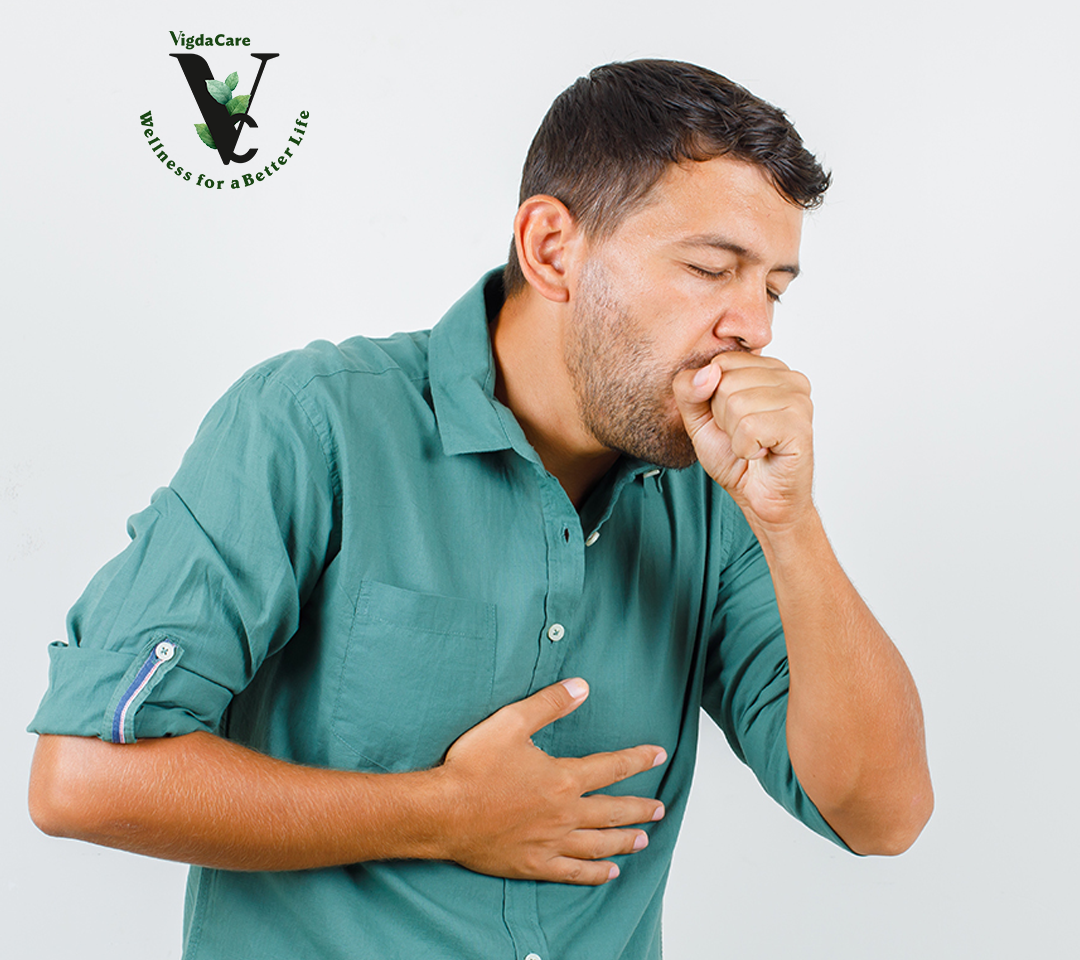
Which Is The Best Ayurvedic Cough Syrup?
Which Is The Best Ayurvedic Cough Syrup, There are sev... Read More
How Do I Boost Immunity With Natural Medication?
How Do I Boost Immunity With Natural Medication, There are s... Read More
What can I do to cure my PCOD/PCOS without medicine?
What can I do to cure my PCOD/PCOS without medicine, Po... Read More
Can Healthy Eating Prevent Cancer?
Can Healthy Eating Prevent Cancer Cancer is a complex d... Read More
How do we increase the immunity of our body?
How do we increase the immunity of our body, The human ... Read More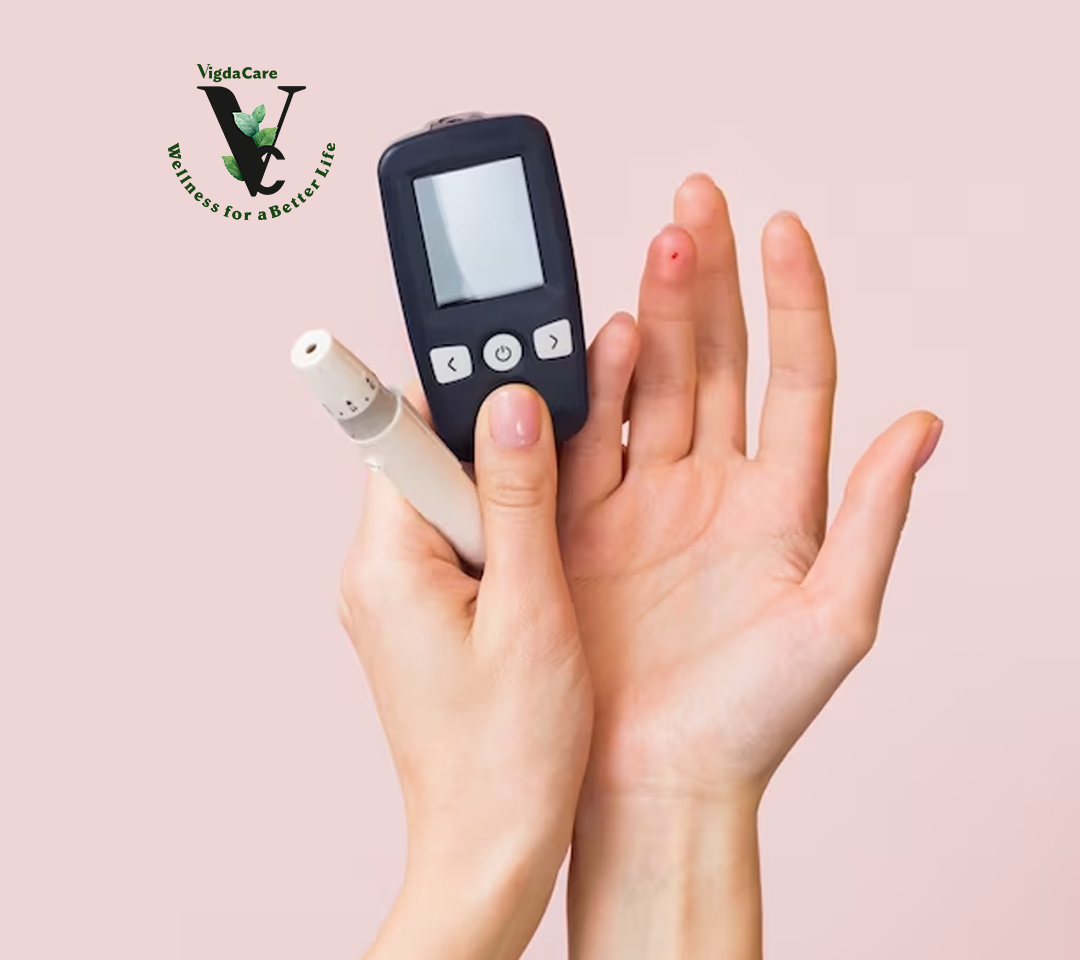
How do I reverse diabetes naturally in 30 days?
How do I reverse diabetes naturally in 30 days, Diabete... Read More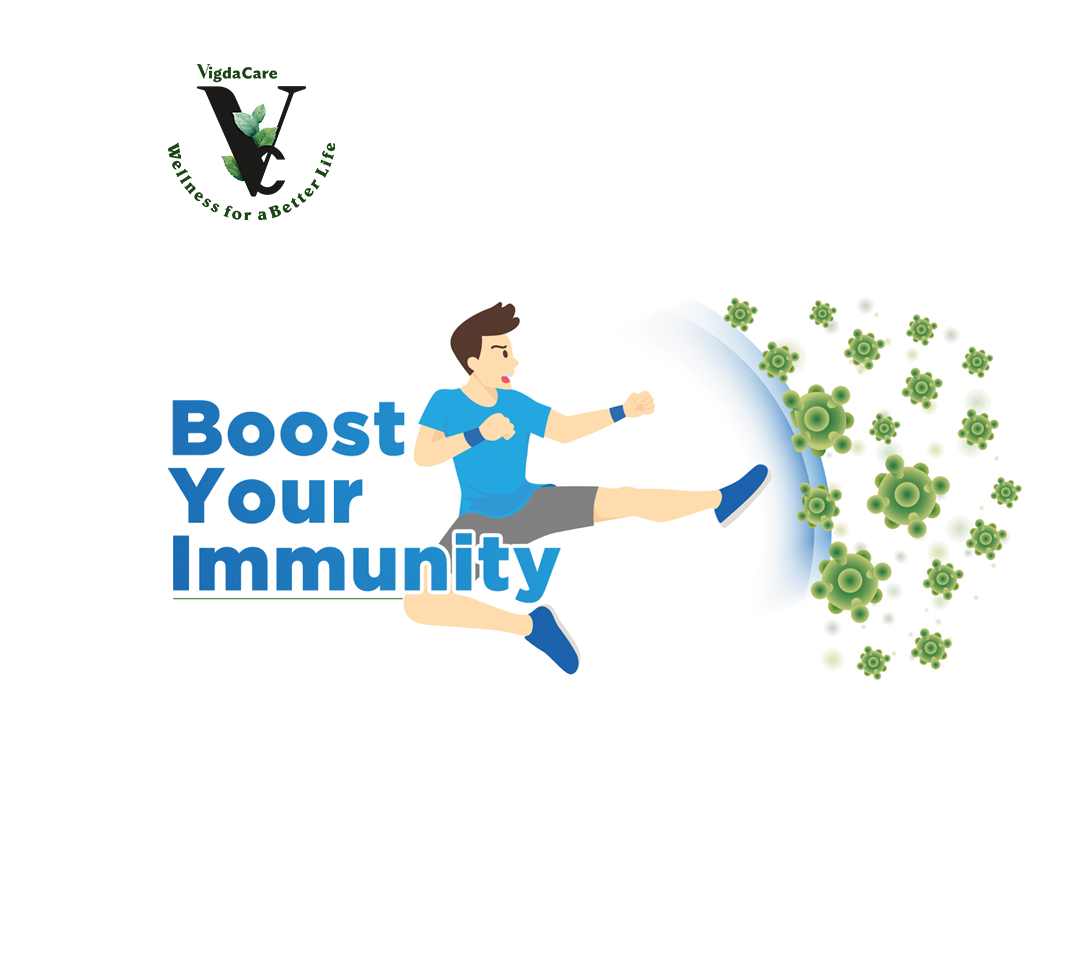
Are the immunity booster tablets safe?
Are the immunity booster tablets safe, Immunity booster... Read More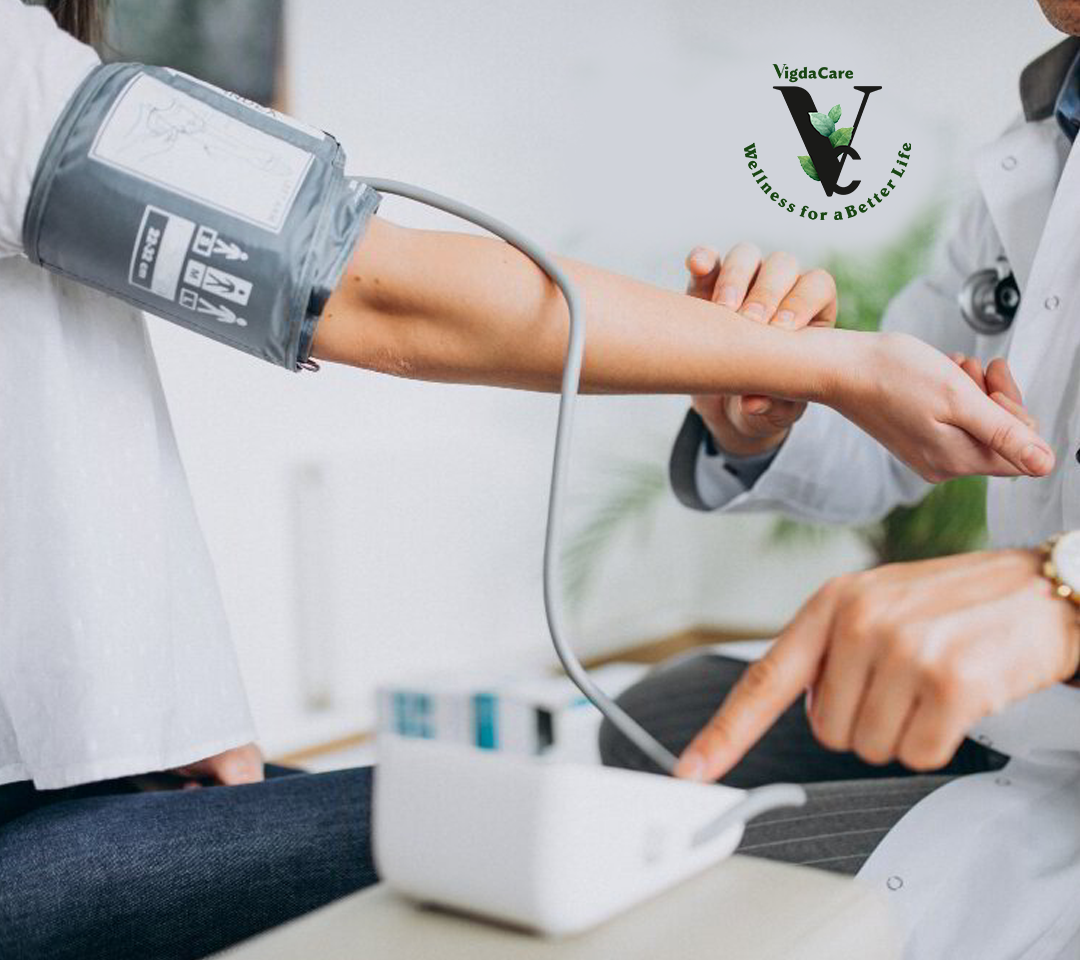
What Are Some Remedies For High BP?
What Are Some Remedies For High BP, High blood pressure... Read More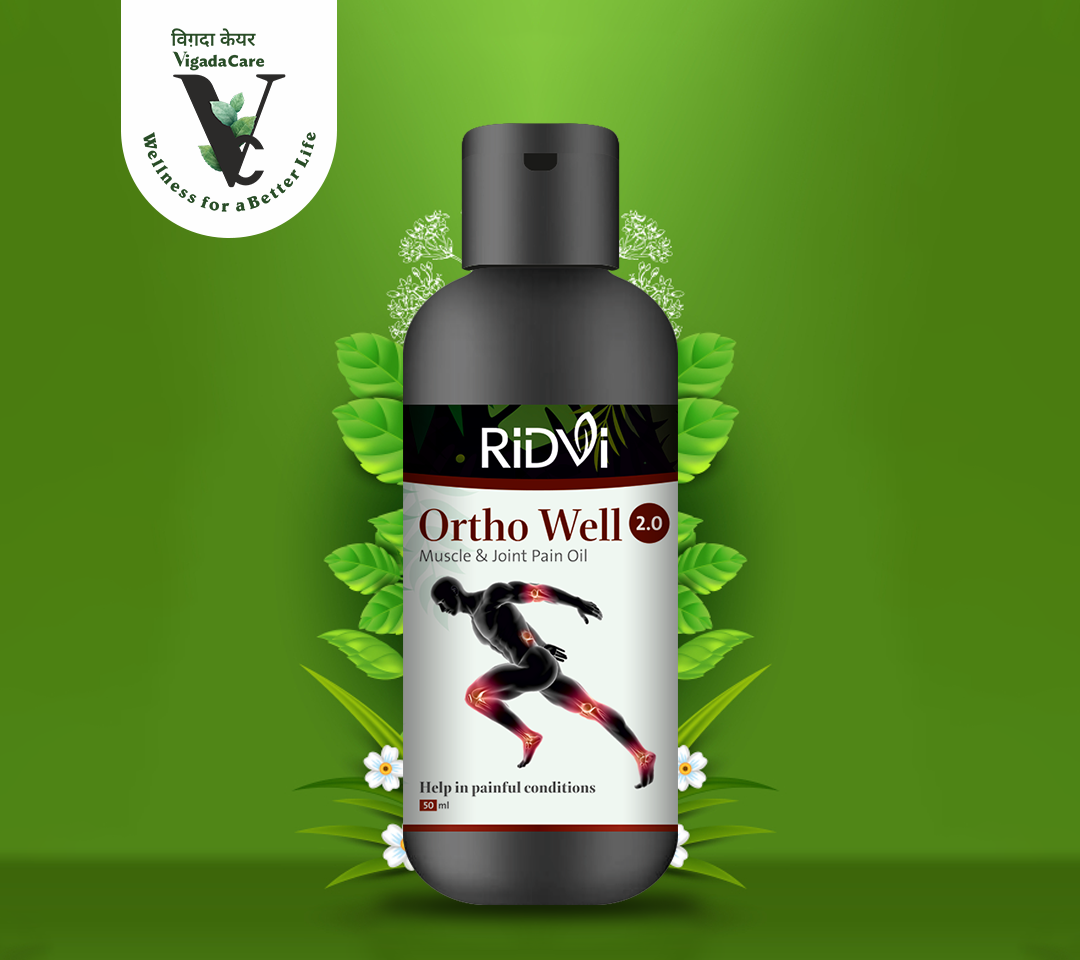
Which Is The Best Ayurveda Natural Oil For My Joint Pain?
Which Is The Best Ayurveda Natural Oil For My Joint Pain,&nb... Read More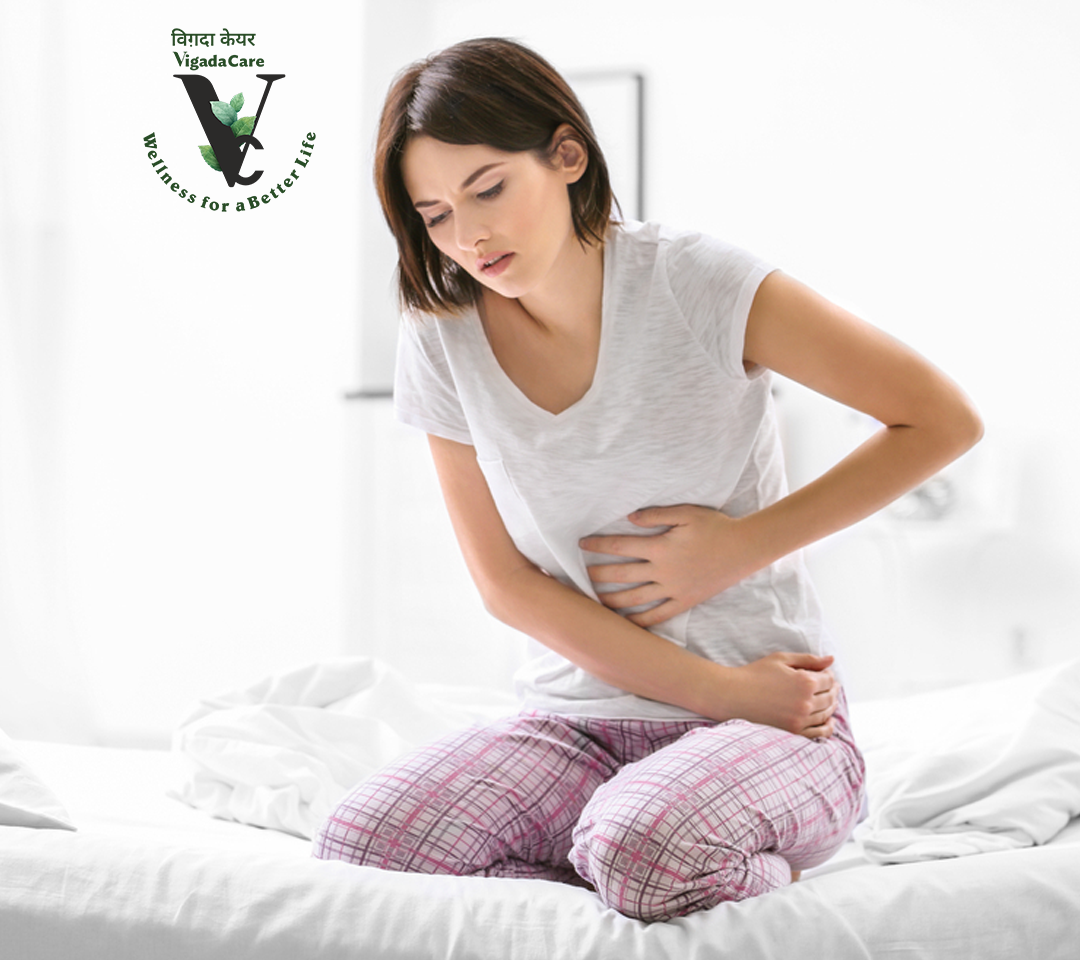
Can PCOD Be Cured? Is There Any Natural Way Of It?
Can PCOD Be Cured? Is There Any Natural Way Of It, PCOD... Read More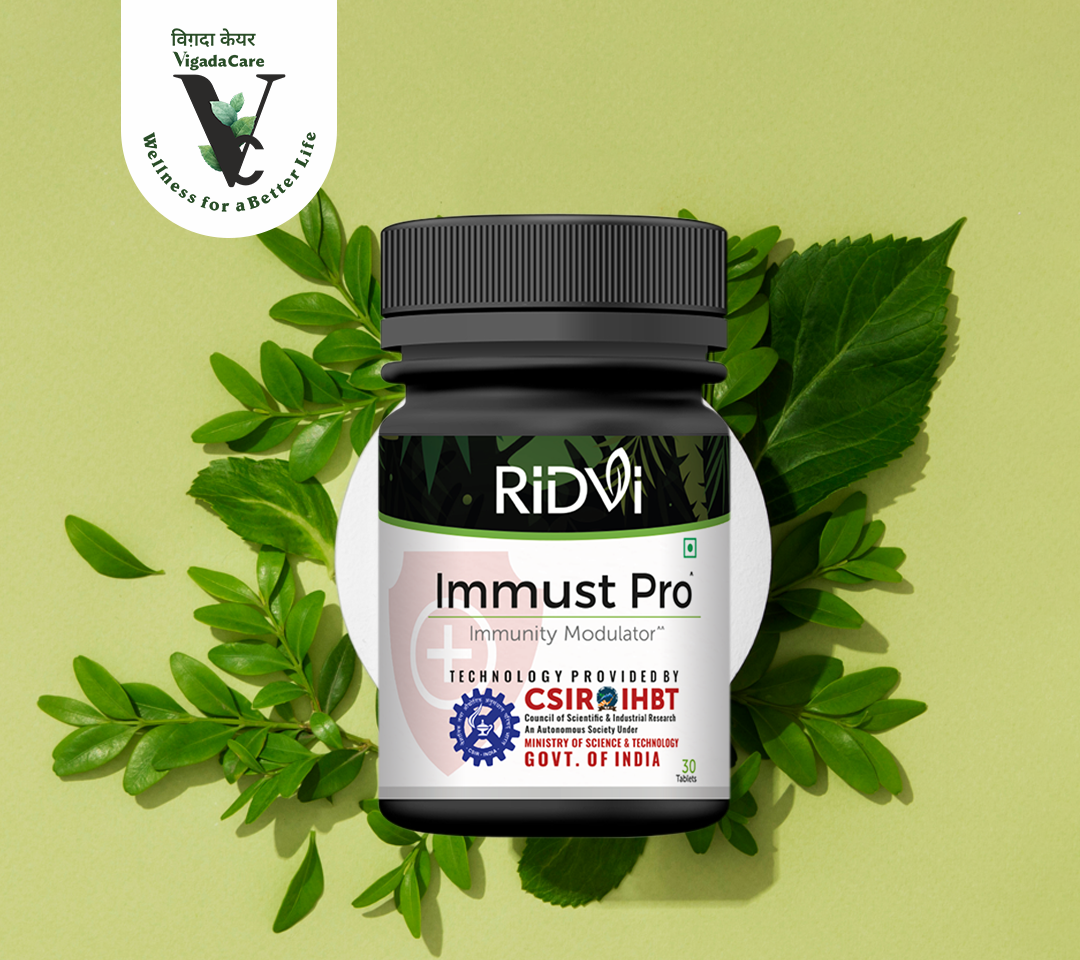
Are There Any Supplements That Help Improve Immunity?
Are There Any Supplements That Help Improve Immunity, U... Read More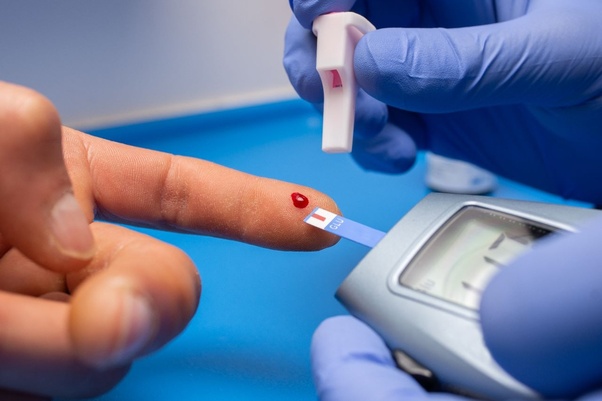
How Do I Stabilize Blood Sugar With Ayurveda?
How Do I Stabilize Blood Sugar With Ayurveda, Diabetes ... Read More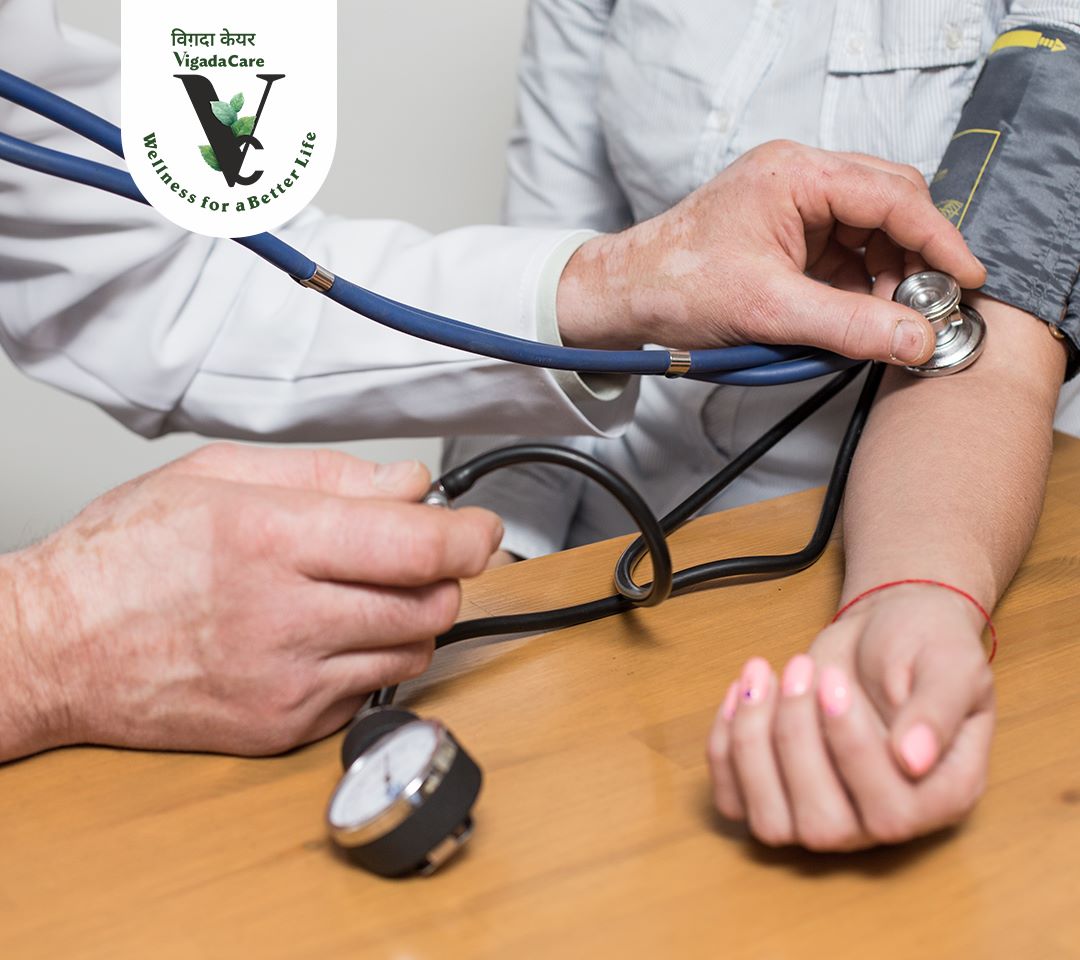
What's The Best Natural Medicine For BP?
What's The Best Natural Medicine For BP, It's important... Read More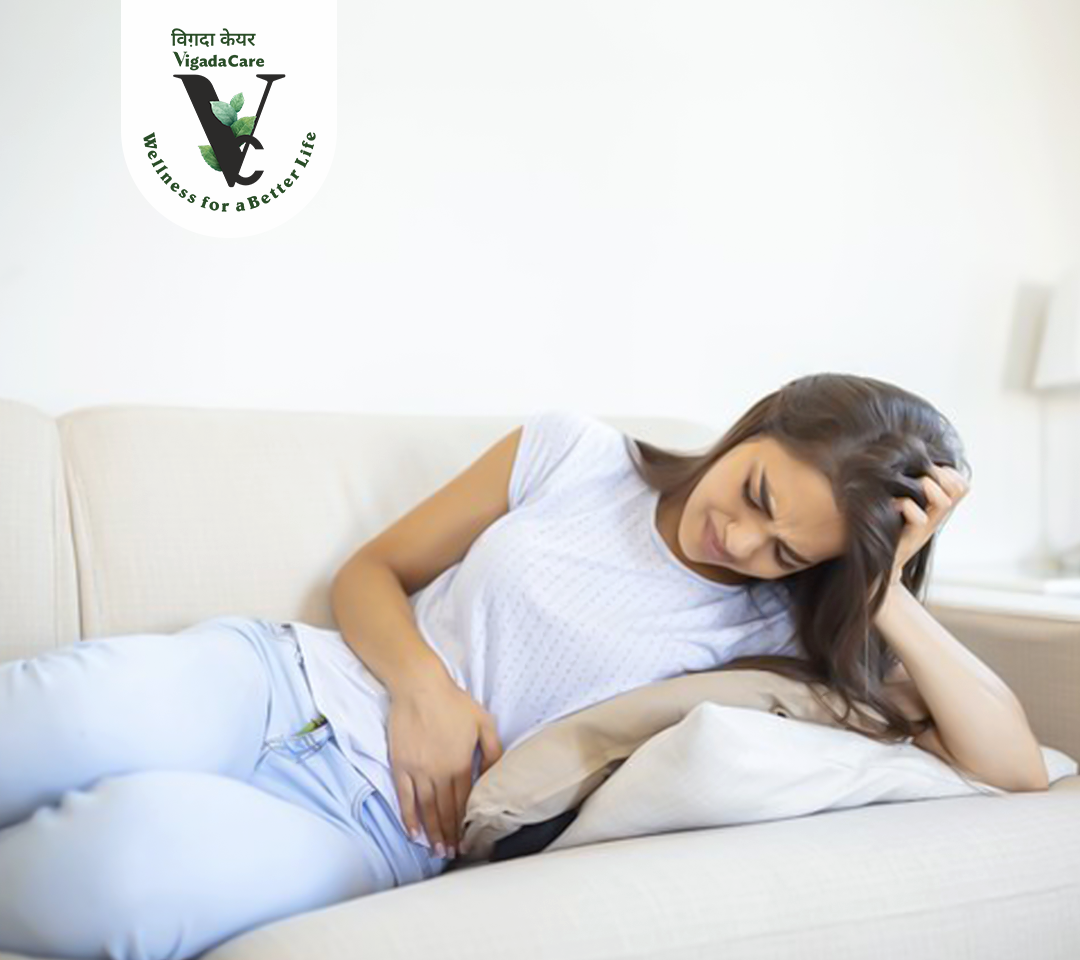
Is There Any Ayurveda Treatment Of PCOD?
Is There Any Ayurveda Treatment Of PCOD, PCOD is a comm... Read More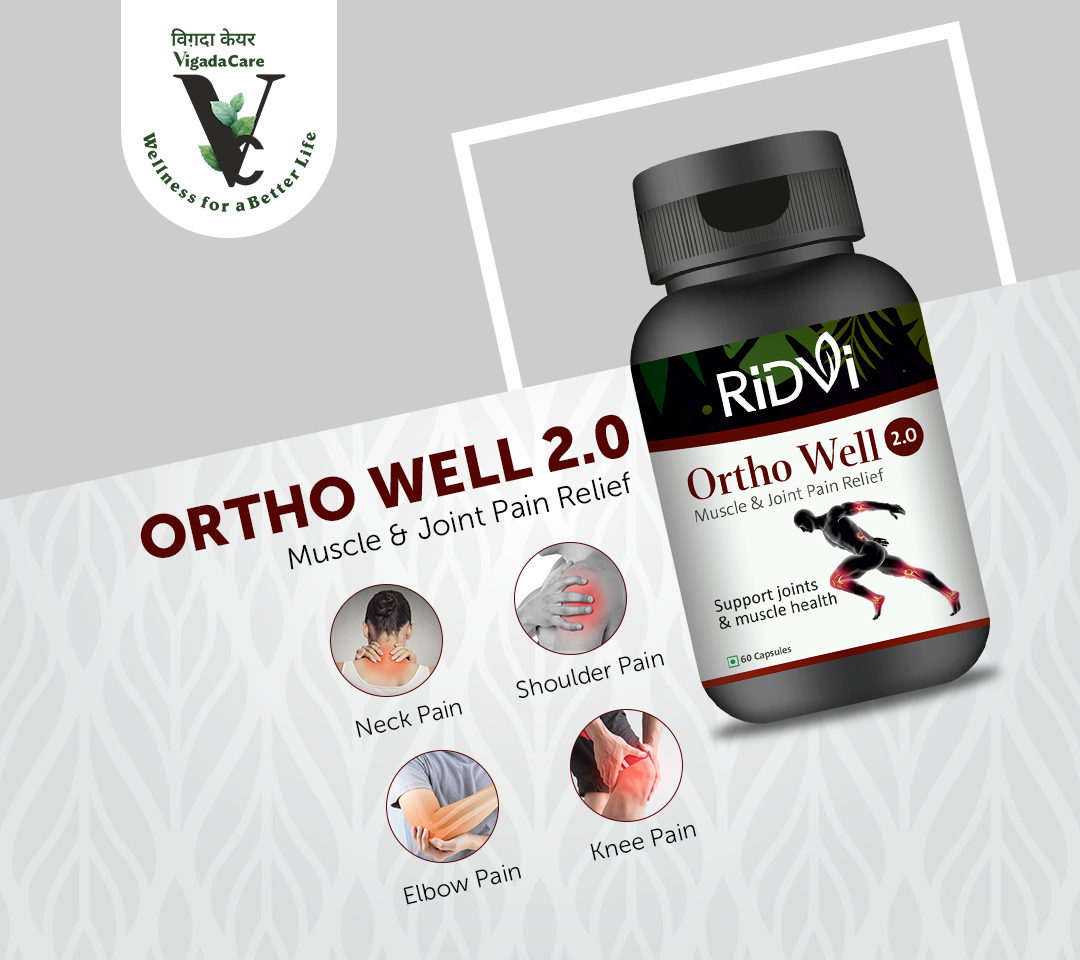
What Is The Best Ayurvedic Medicine For Joint Pain?
What Is The Best Ayurvedic Medicine For Joint Pain, The... Read More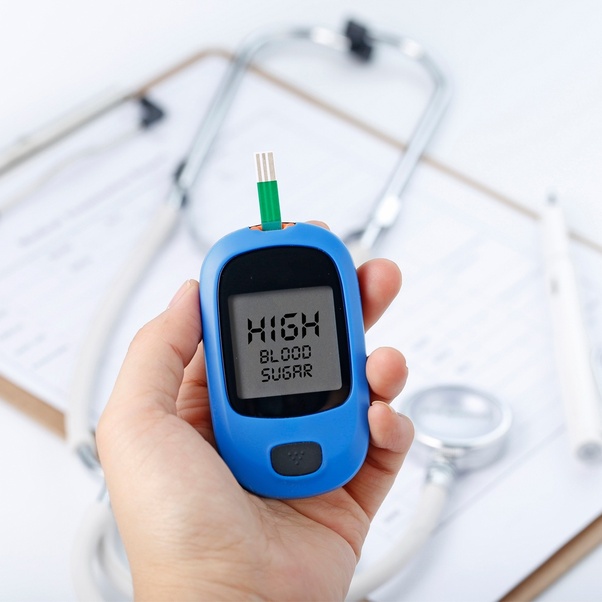
What Do You Do When Blood Sugar Is High?
What Do You Do When Blood Sugar Is High, If you have di... Read More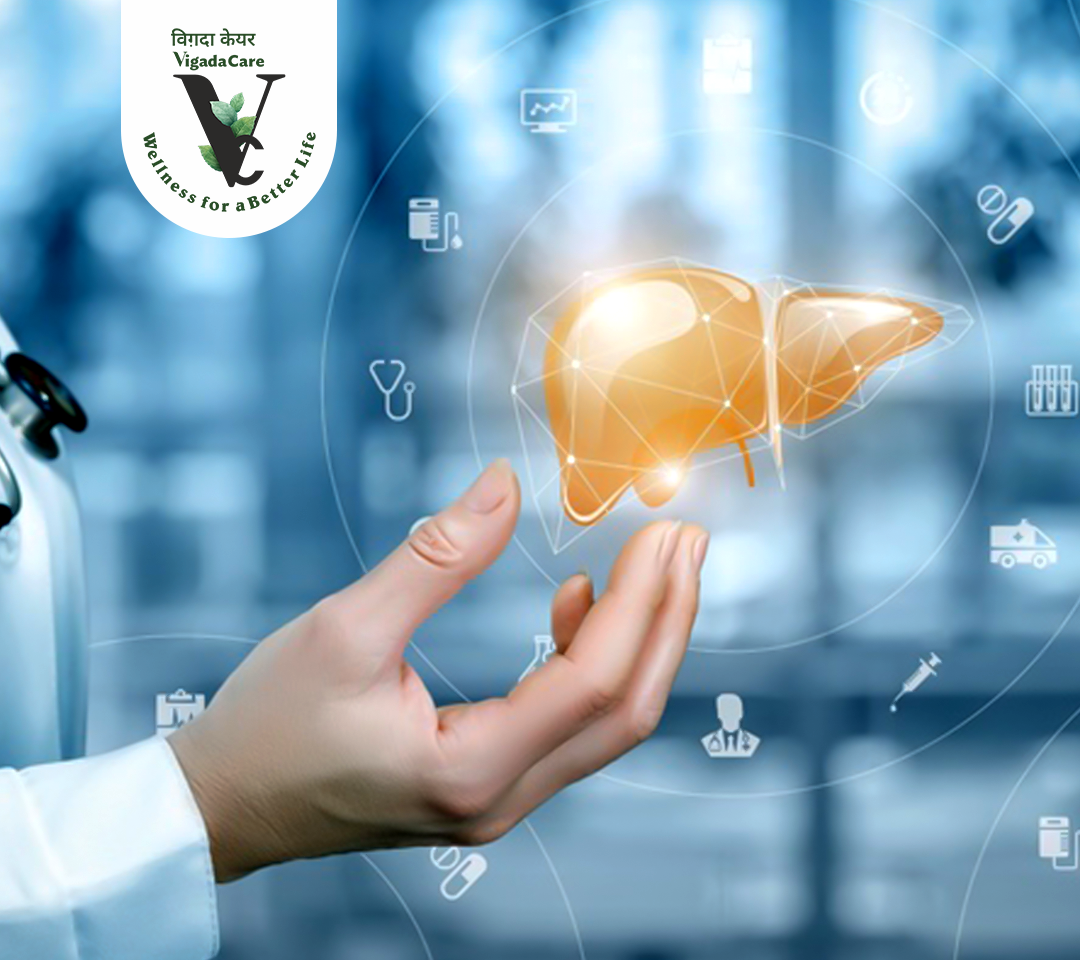
Is There Any Ayurvedic Treatment For Jaundice?
Is There Any Ayurvedic Treatment For Jaundice, Yes, Ayu... Read More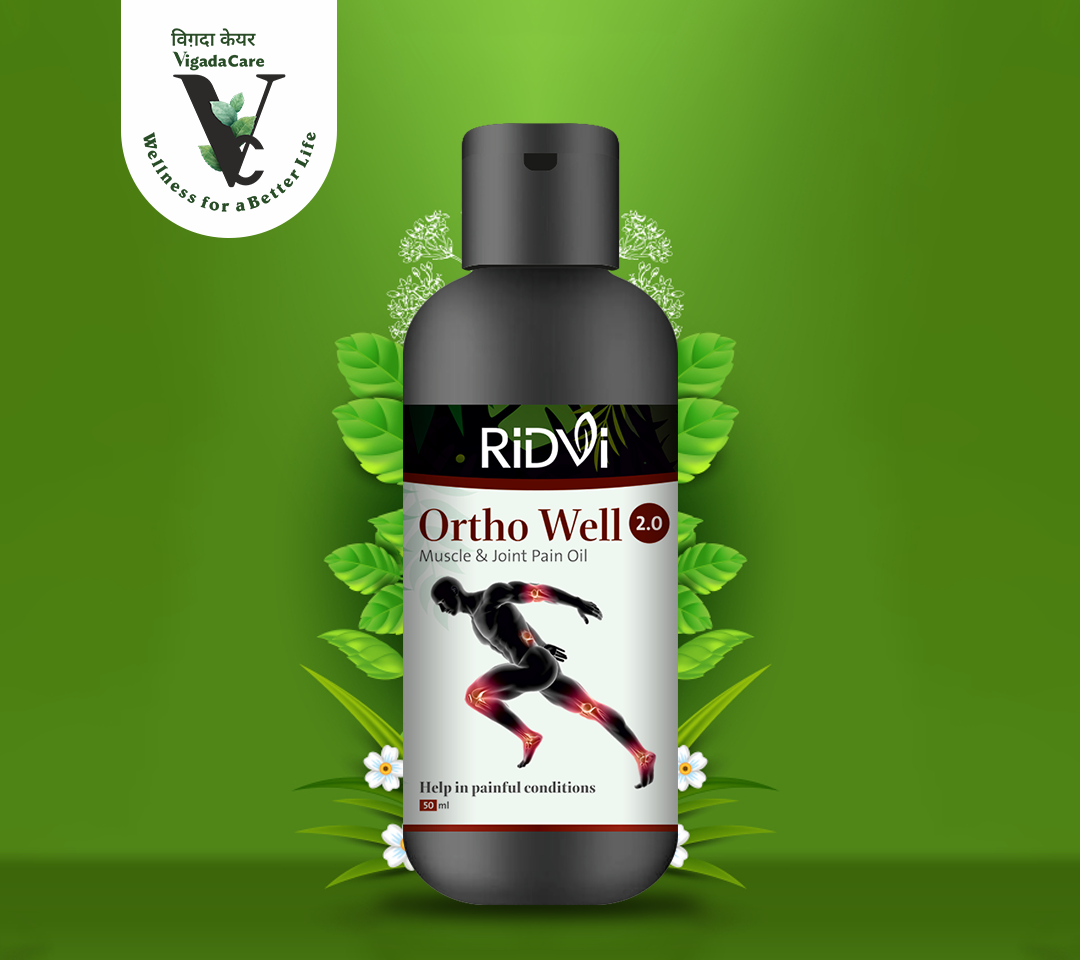
Which Is The Best Oil For Joints Pain Available In India?
Which Is The Best Oil For Joints Pain Available In India,&nb... Read More
Can PCOS Really Make You Fat?
Can PCOS Really Make You Fat, PCOD or PCOS (polycystic ... Read More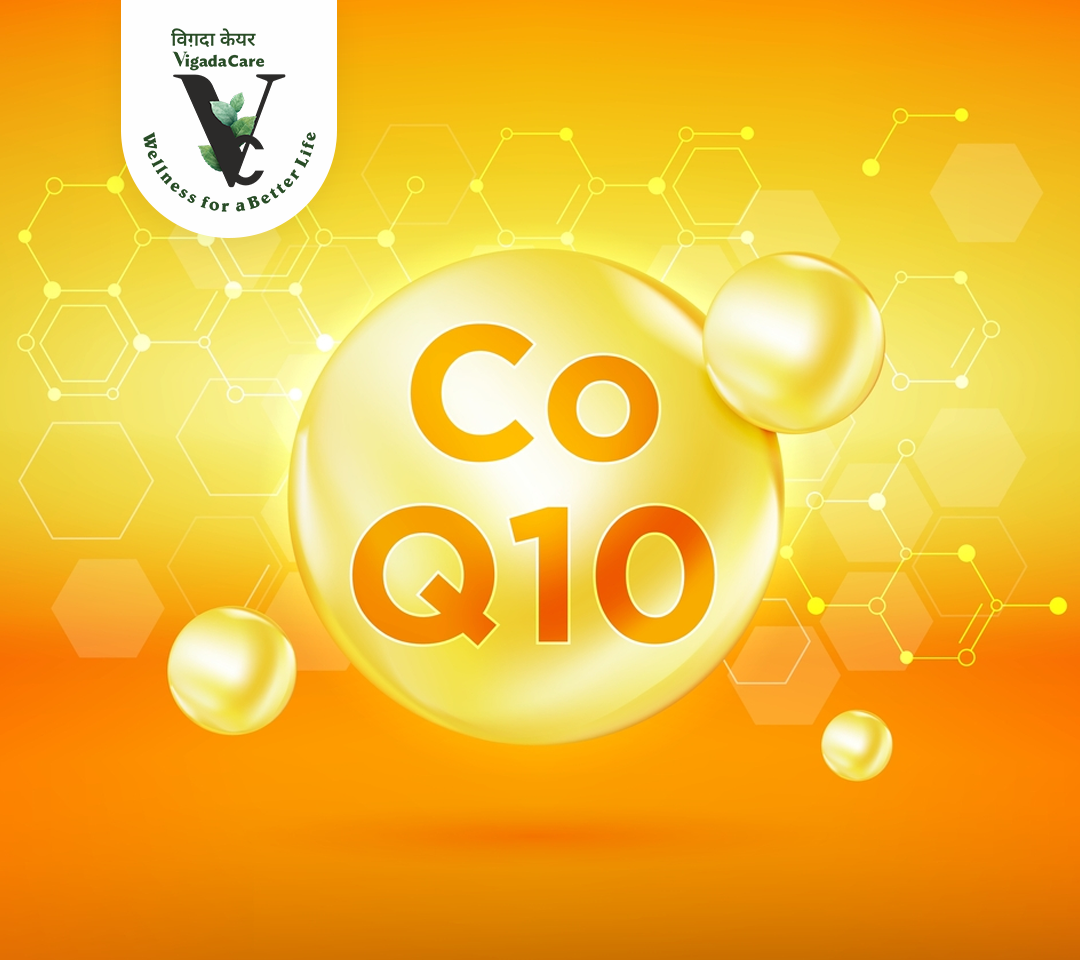
Is Taking CoQ10 Supplement Is Safe?
Is Taking CoQ10 Supplement Is Safe, Yes, Coenzyme Q10 (... Read More
How Do I Cure Asthma Naturally?
How Do I Cure Asthma Naturally, Asthma is a chronic res... Read More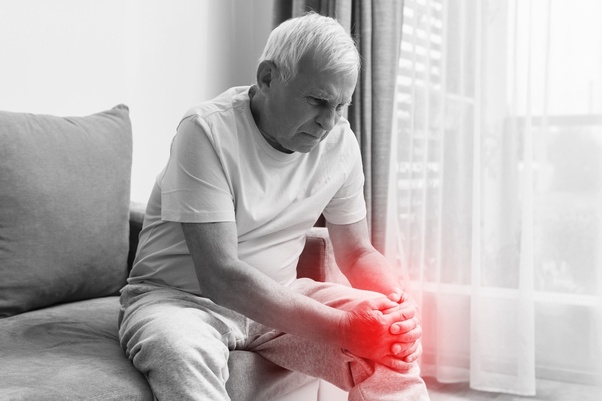
How Can I Remove Beginning Joint Pain With A Home Remedy?
How Can I Remove Beginning Joint Pain With A Home Remedy,&nb... Read More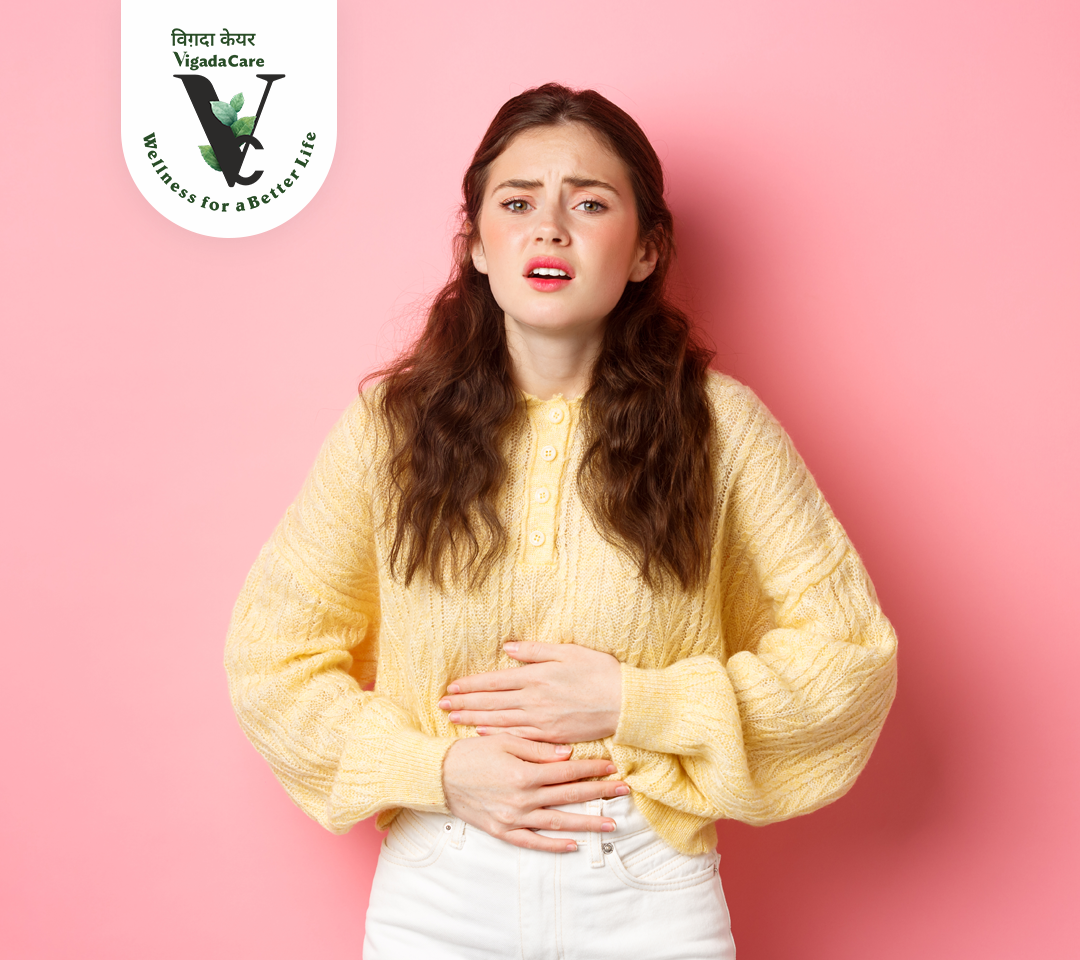
What Should I Do To Get Regular Periods?
What Should I Do To Get Regular Periods, To ensure regu... Read More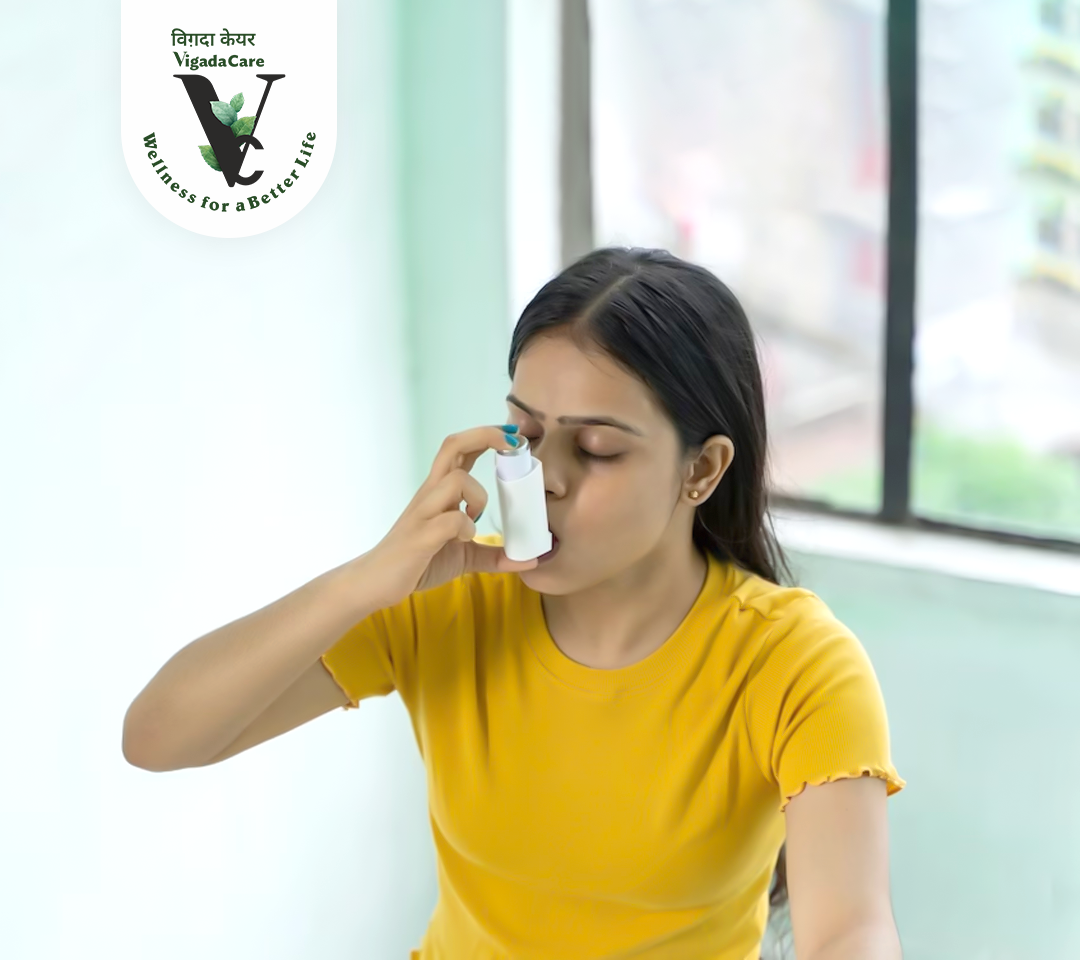
How Can I Cure Asthma With Ayurveda?
How Can I Cure Asthma With Ayurveda, Asthma, a chronic ... Read More
Is It Better To Have Antioxidants Via Supplement Or Food Intake?
Is It Better To Have Antioxidants Via Supplement Or Food Int... Read More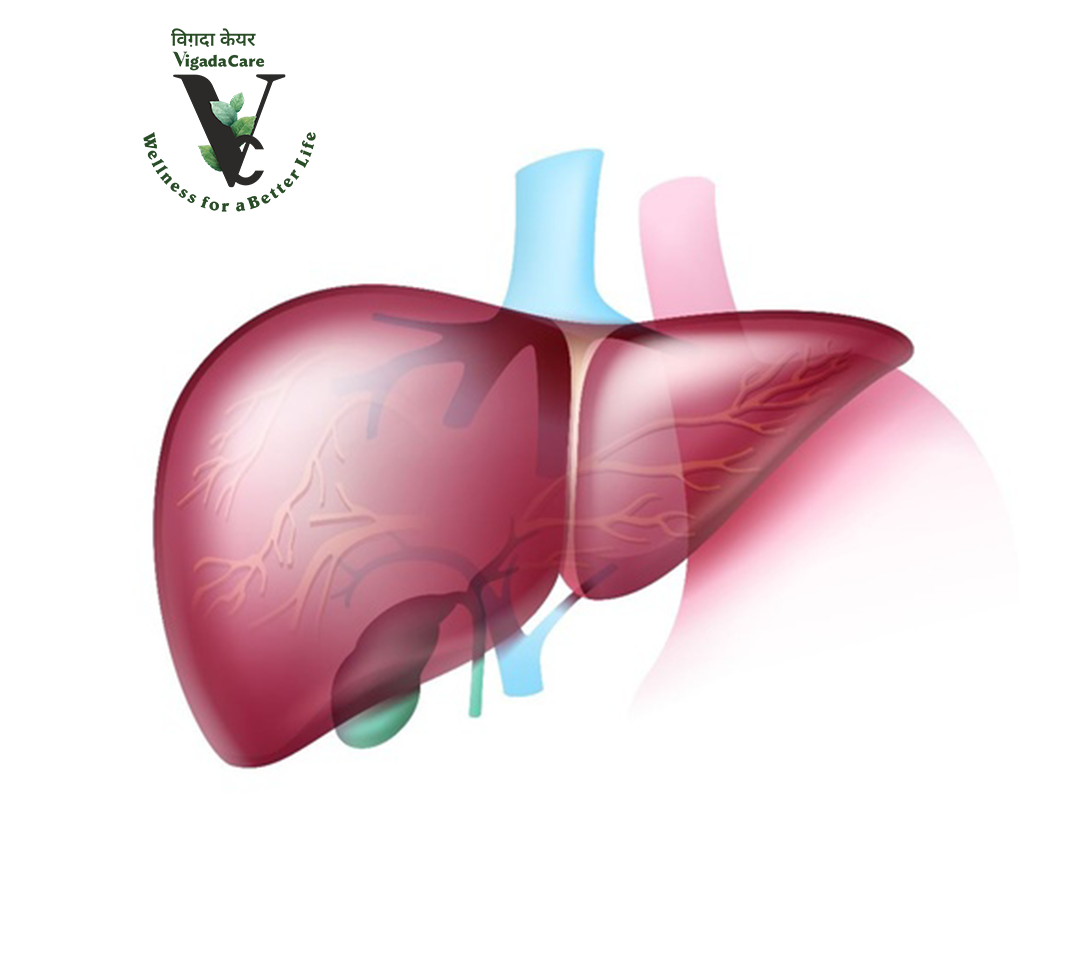
How Can I Reduce Bilirubin Levels In My Body?
How Can I Reduce Bilirubin Levels In My Body, Bilirubin... Read More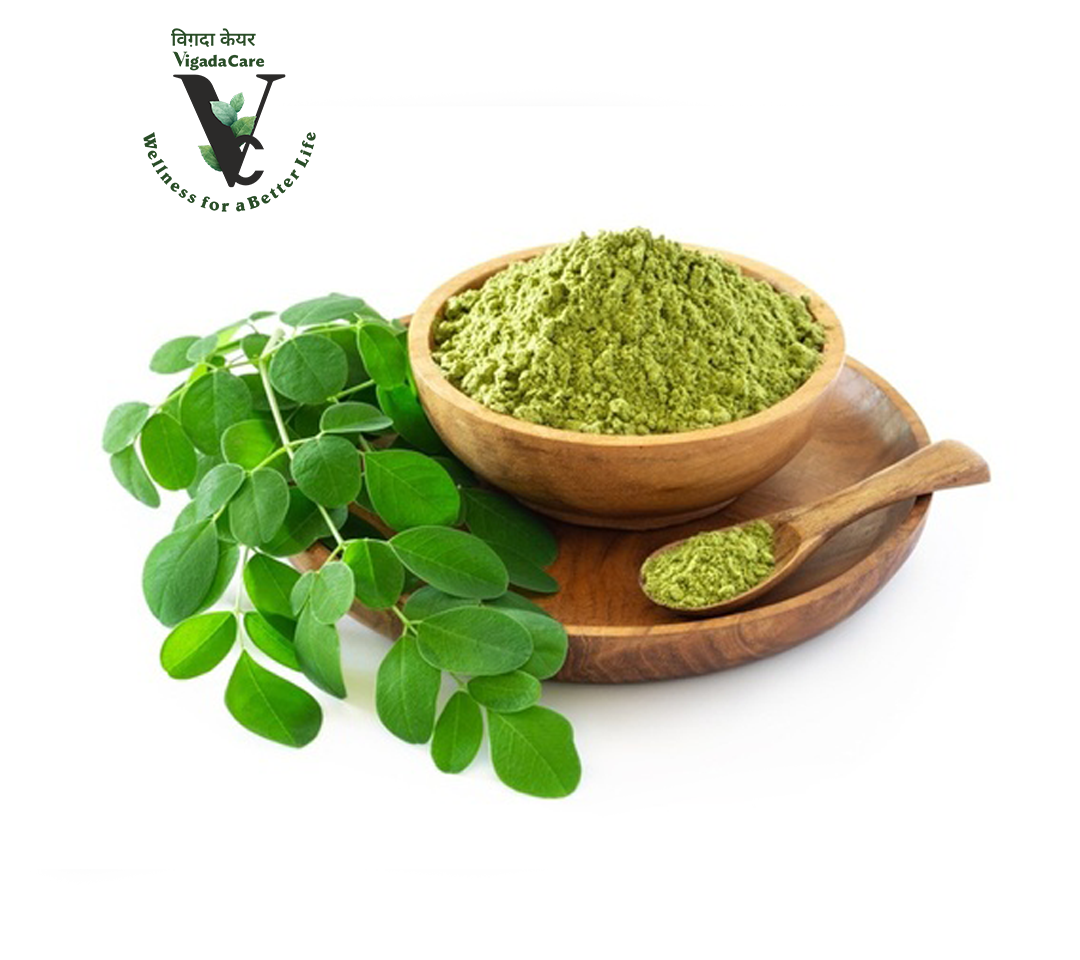
How Good Is Moringa Leaf Powder For You?
How Good Is Moringa Leaf Powder For You, Moringa leaf p... Read More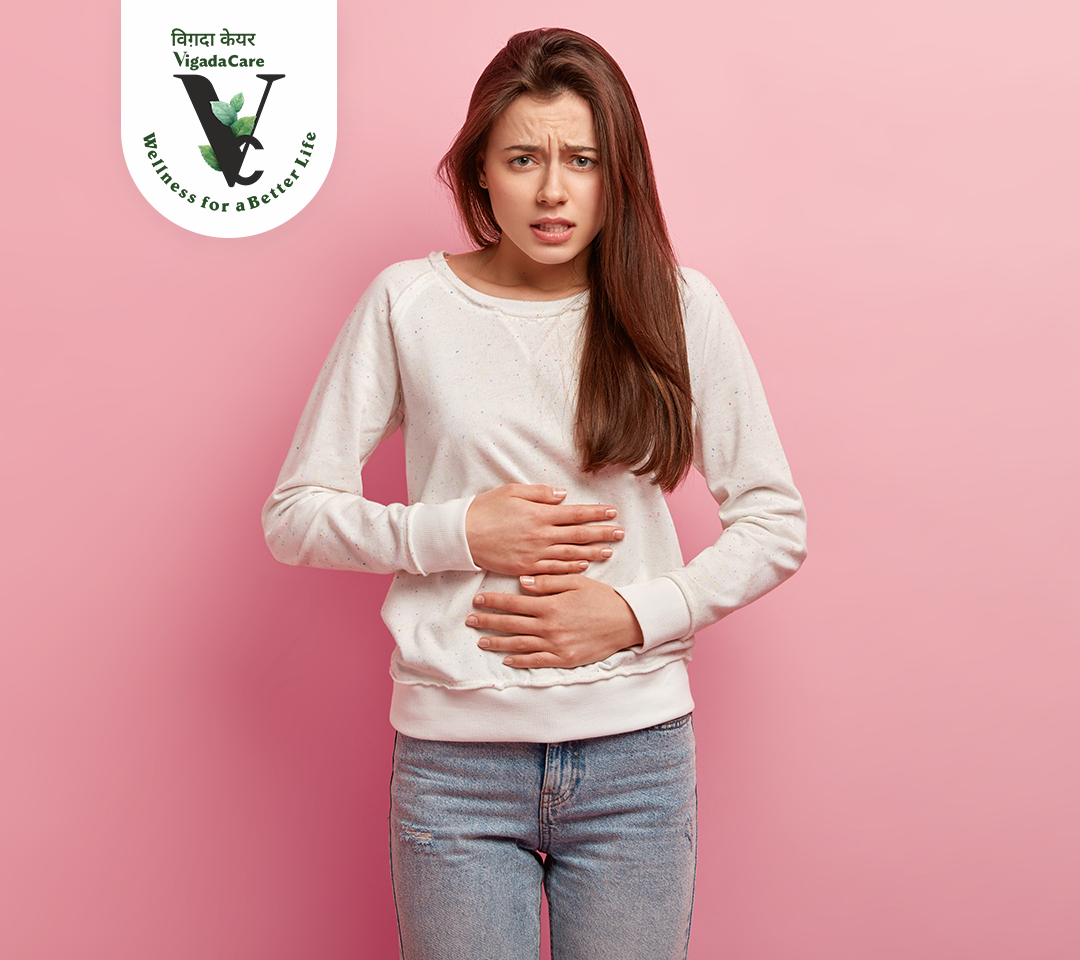
How Can I Treat PCOS Naturally?
How Can I Treat PCOS Naturally, Polycystic ovary syndro... Read More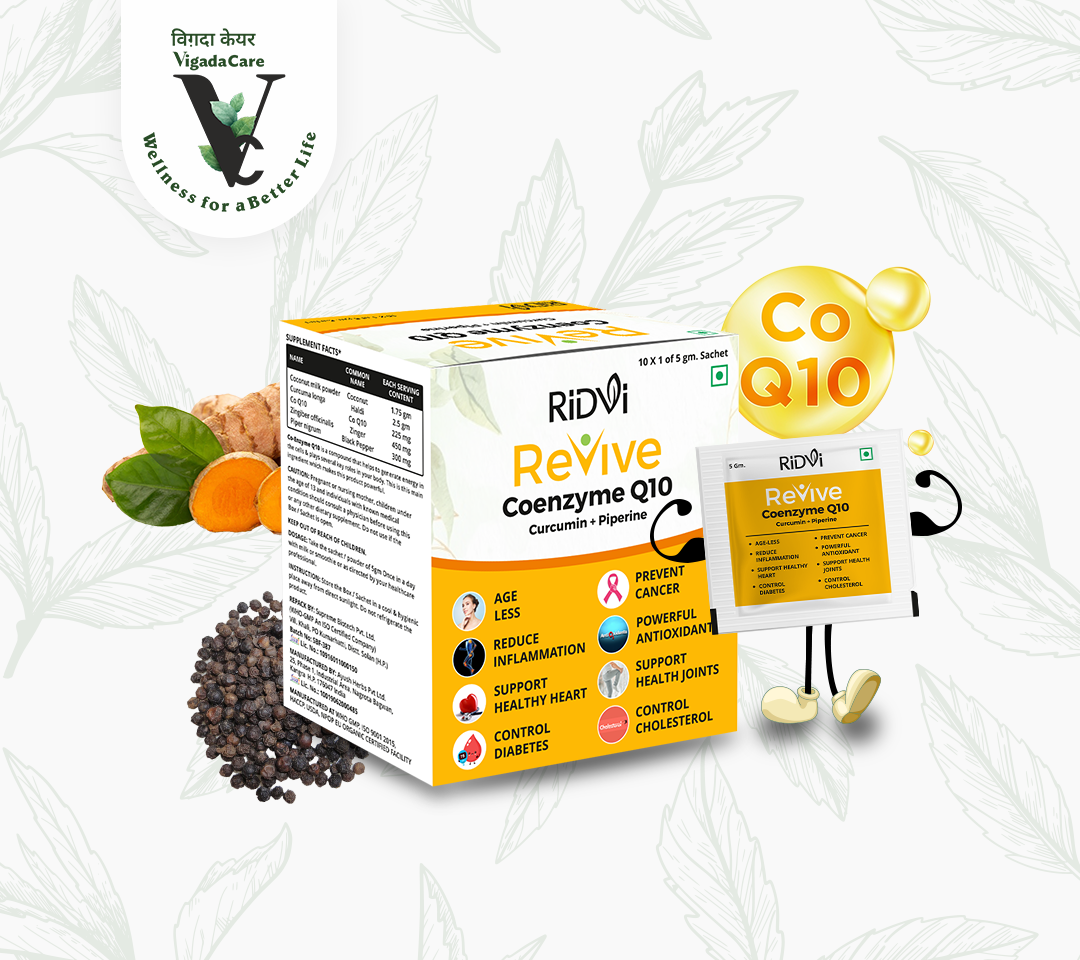
Do Antioxidants Prevent Cancer? How So?
Do Antioxidants Prevent Cancer? How So, Antioxidants, c... Read More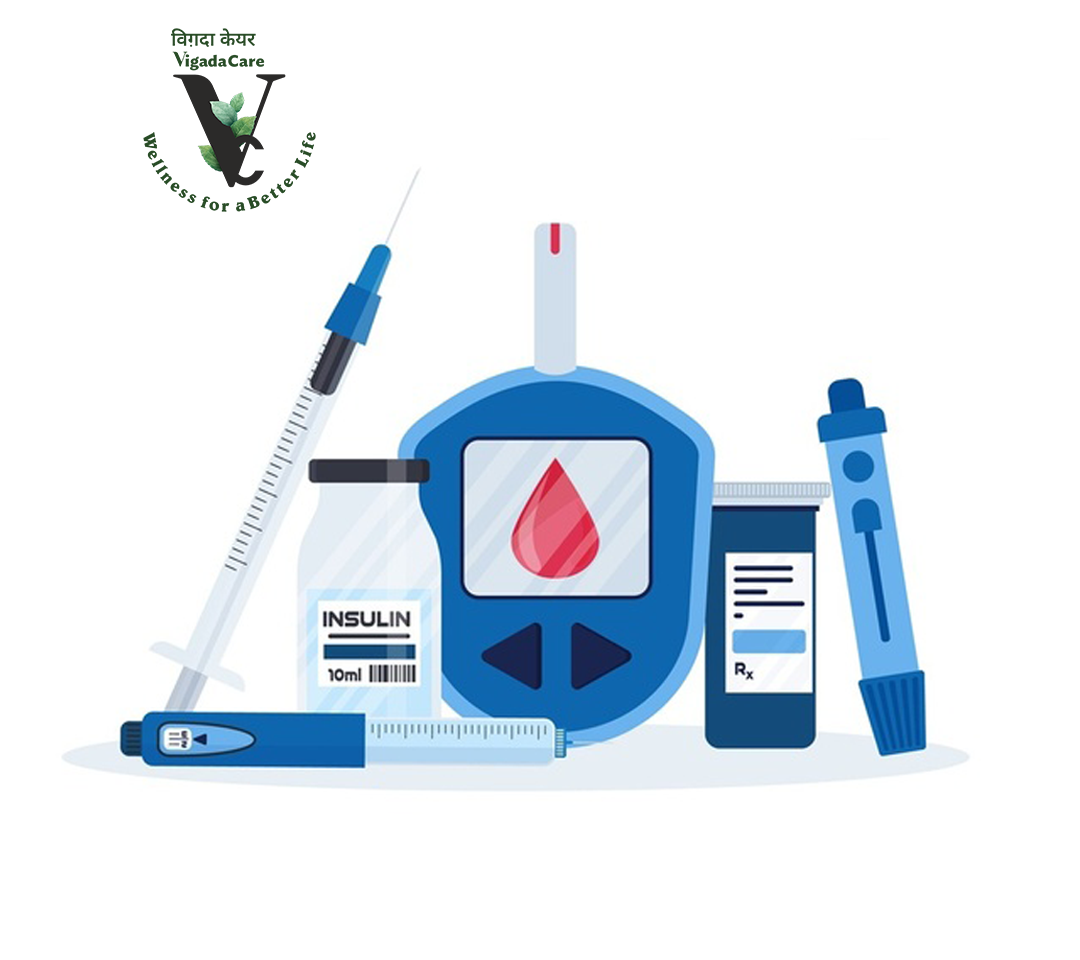
What Are The Primary Types Of Diabetes? What Role Does Ayurveda Imply In Treating Diabetes?
What Are The Primary Types Of Diabetes? What Role Does Ayurv... Read More
Is Massage Good For Sciatica?
Is Massage Good For Sciatica, Yes, massage can be extre... Read More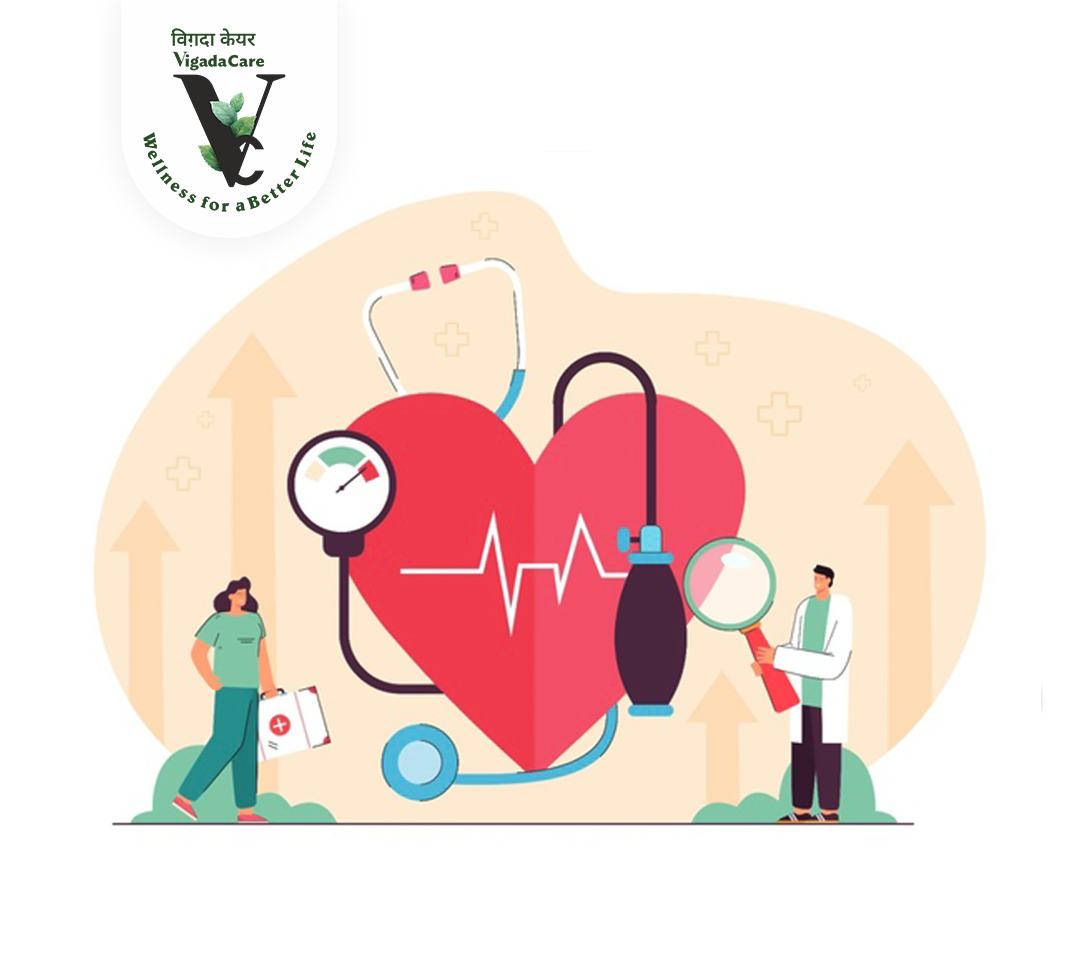
How do I treat blood pressure with Ayurveda?
How do I treat blood pressure with Ayurveda, Managing b... Read More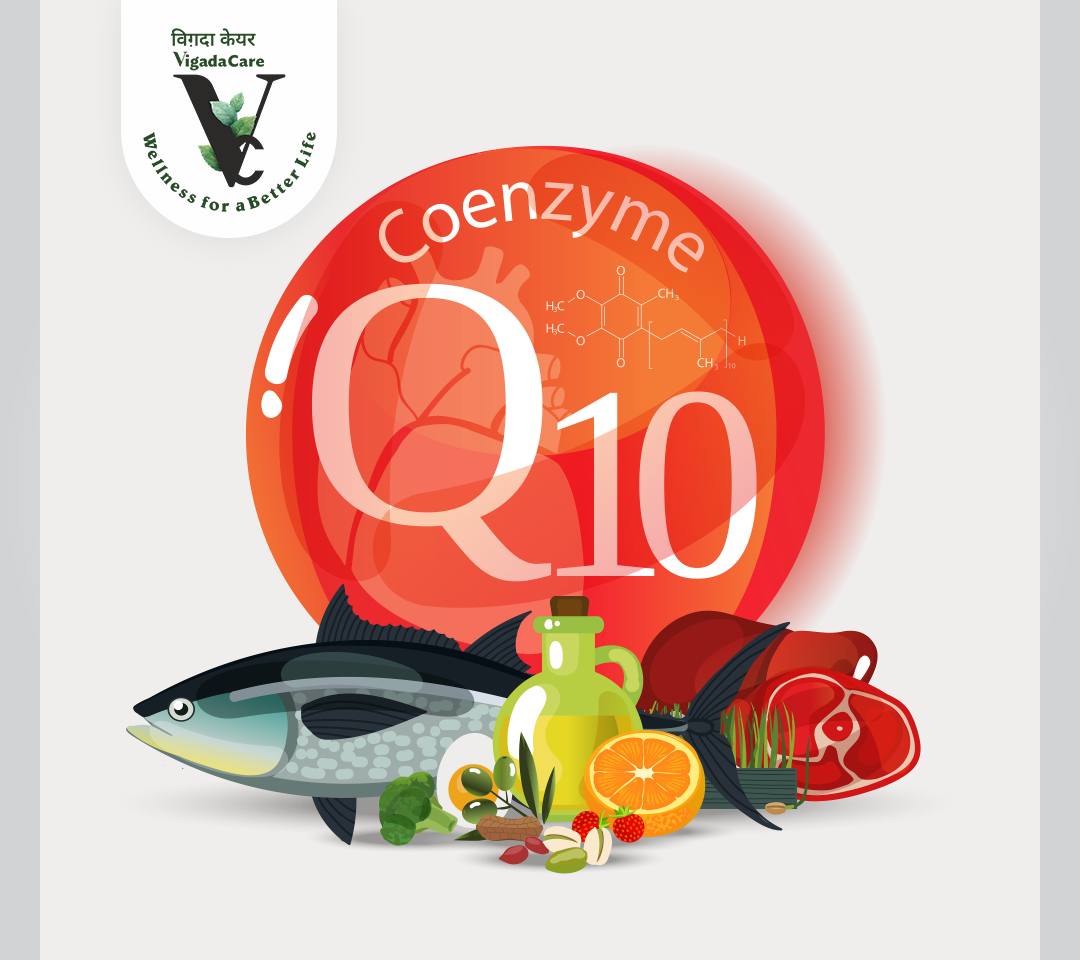
Do anti-oxidents help prevent cancer?
Do anti-oxidents help prevent cancer, Yes, antioxidants... Read More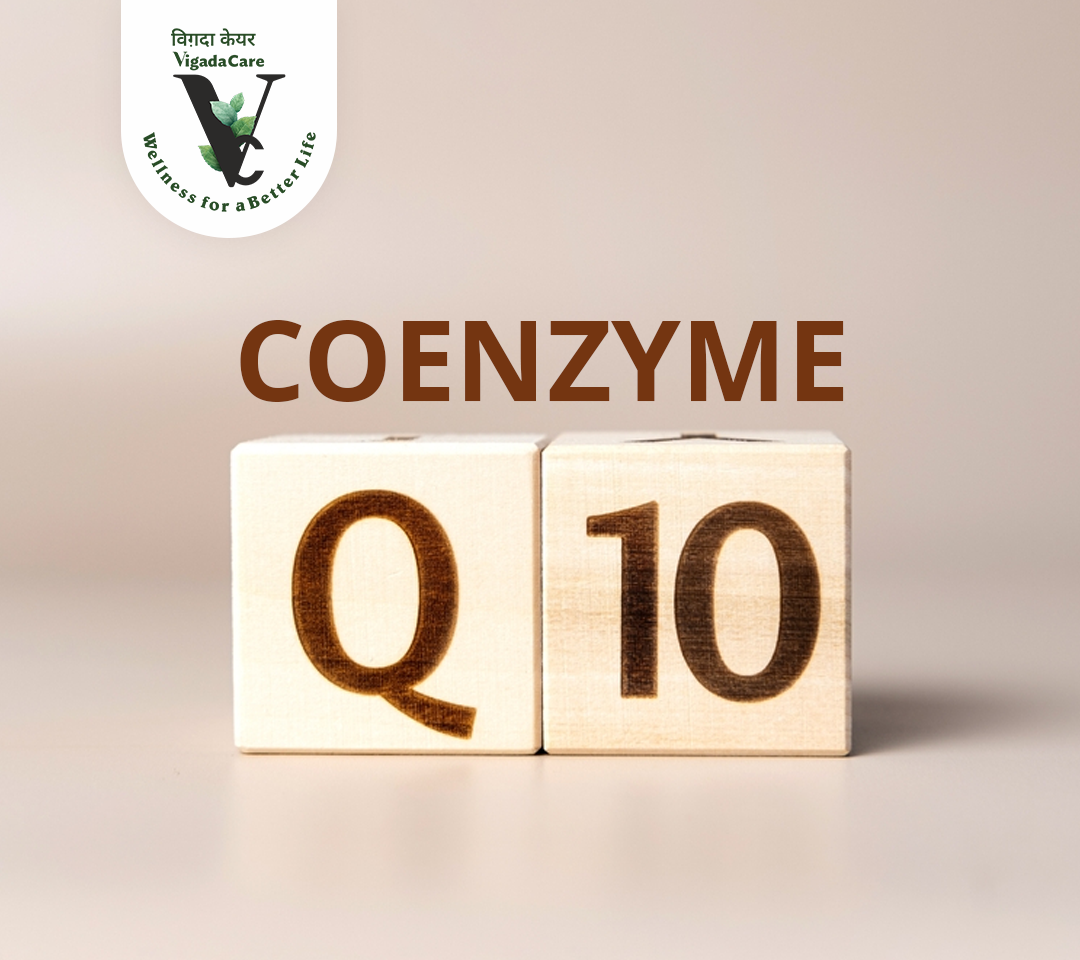
Why Are Antioxidants Good For The Skin?
Why Are Antioxidants Good For The Skin, Antioxidants pl... Read More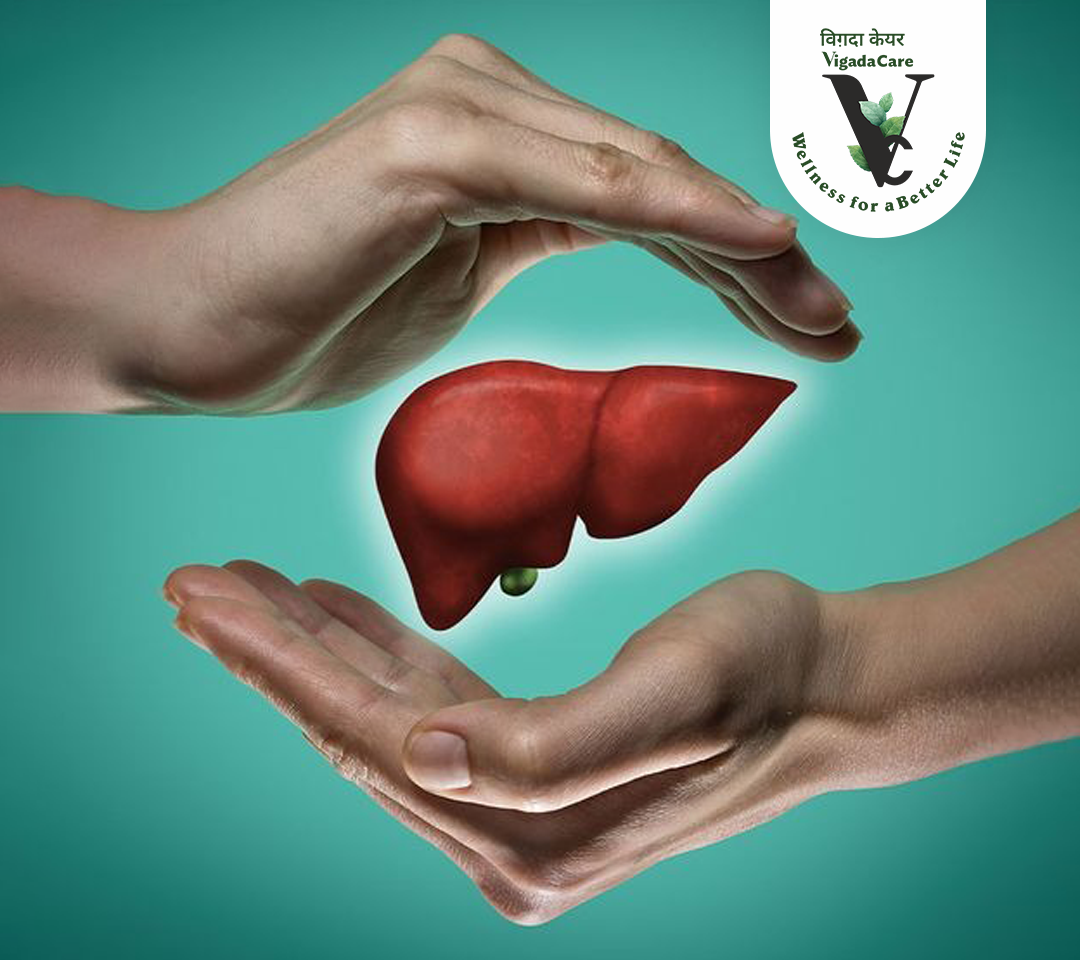
Tips for a Healthy Liver: Why is Liver Health Important?
Tips for a Healthy Liver: Why is Liver Health Important?&nbs... Read More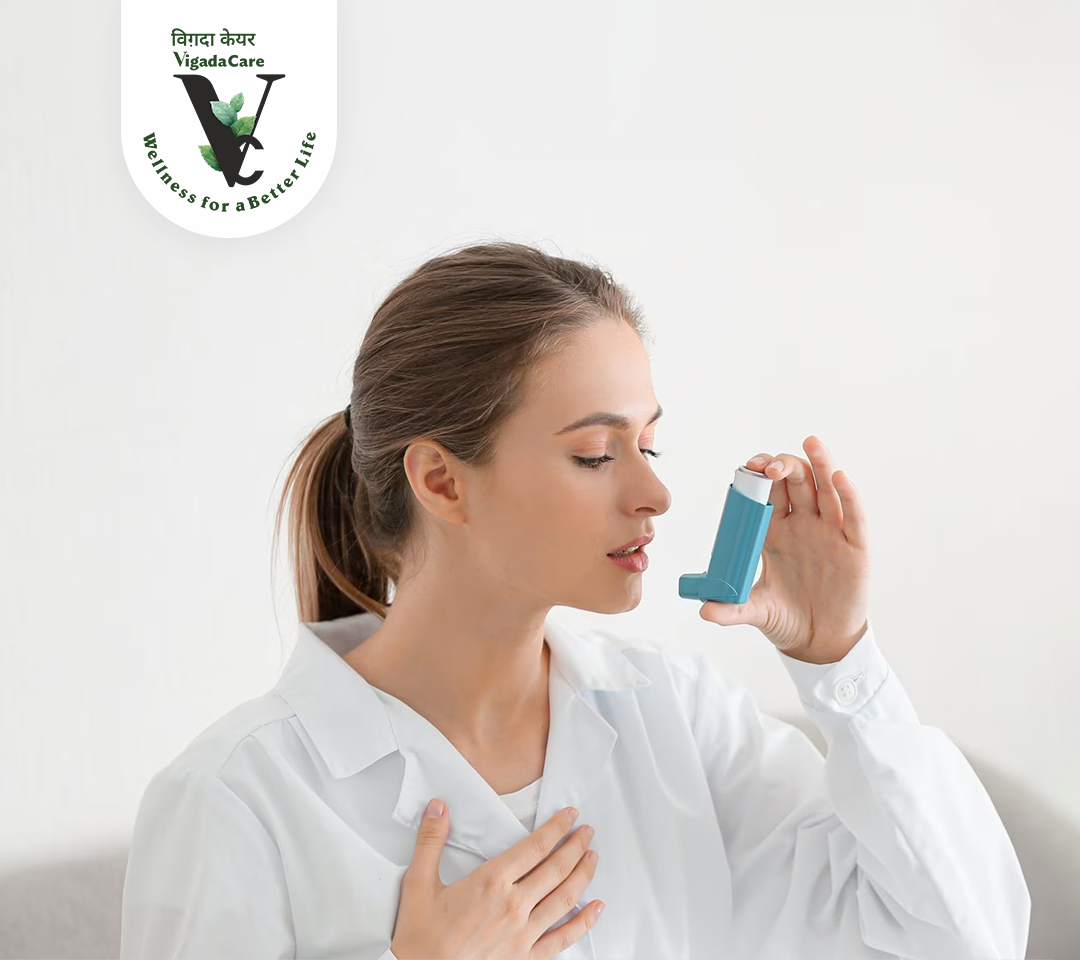
How Can I Treat My Asthma Naturally?
How Can I Treat My Asthma Naturally, Millions of indivi... Read More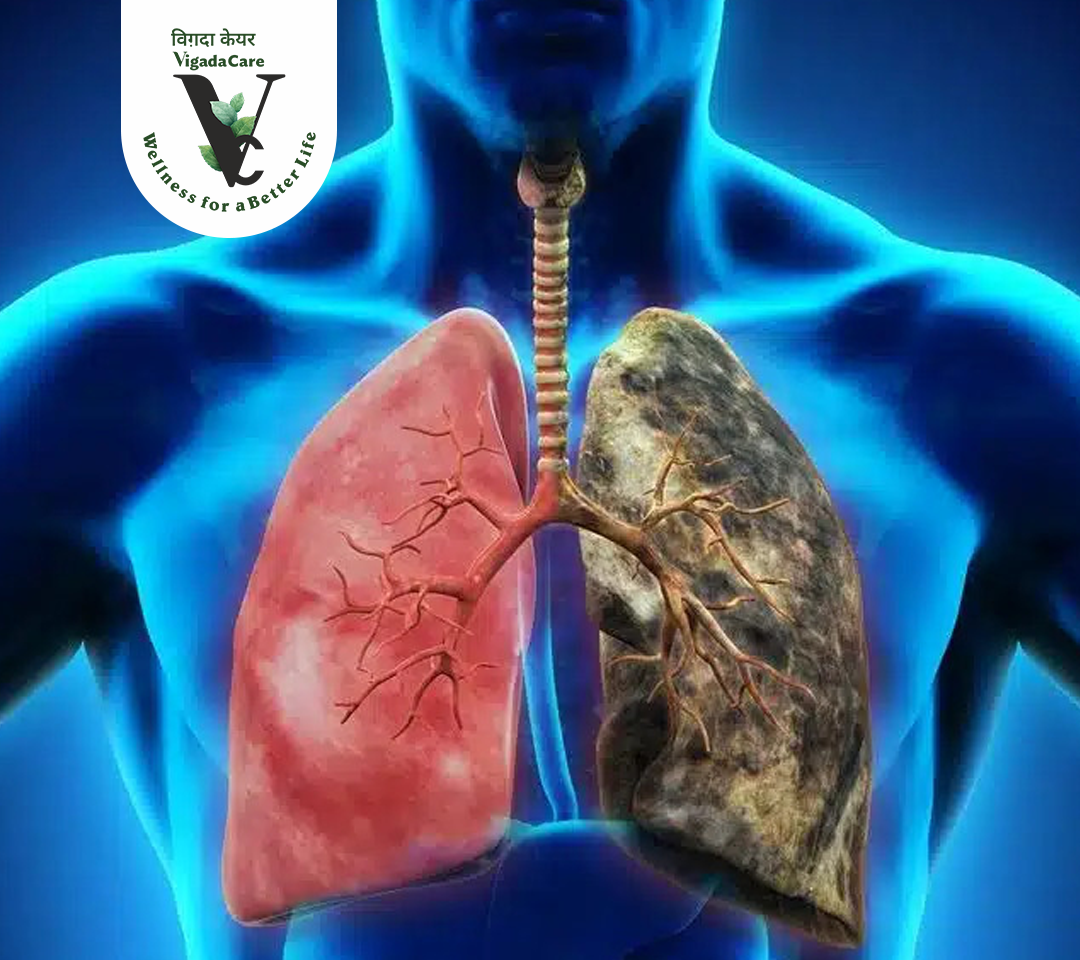
How Can I Keep My Respiratory System Healthy?
How can I keep my respiratory system healthy, Maintaining a ... Read More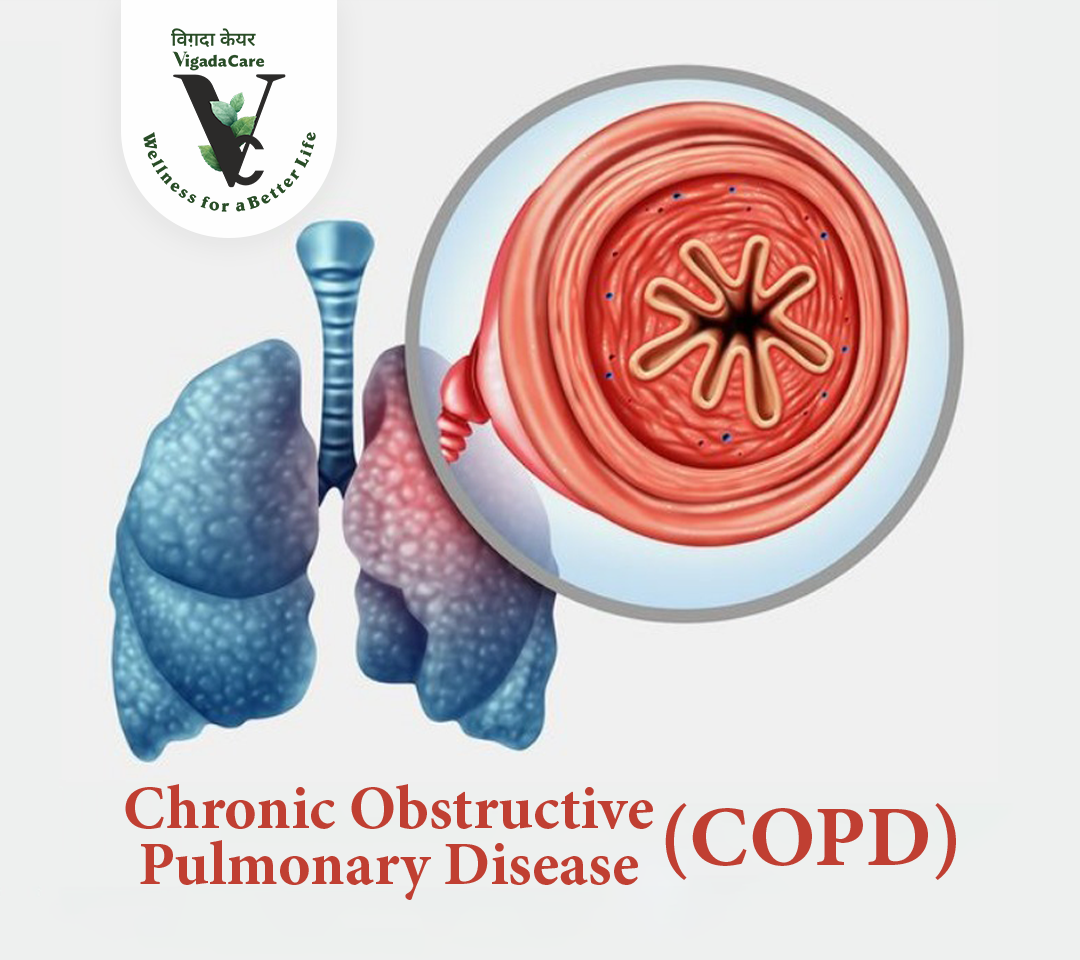
Is There Any Ayurveda Treatment Of COPD?
Is There Any Ayurveda Treatment Of COPD, COPD (Chronic ... Read More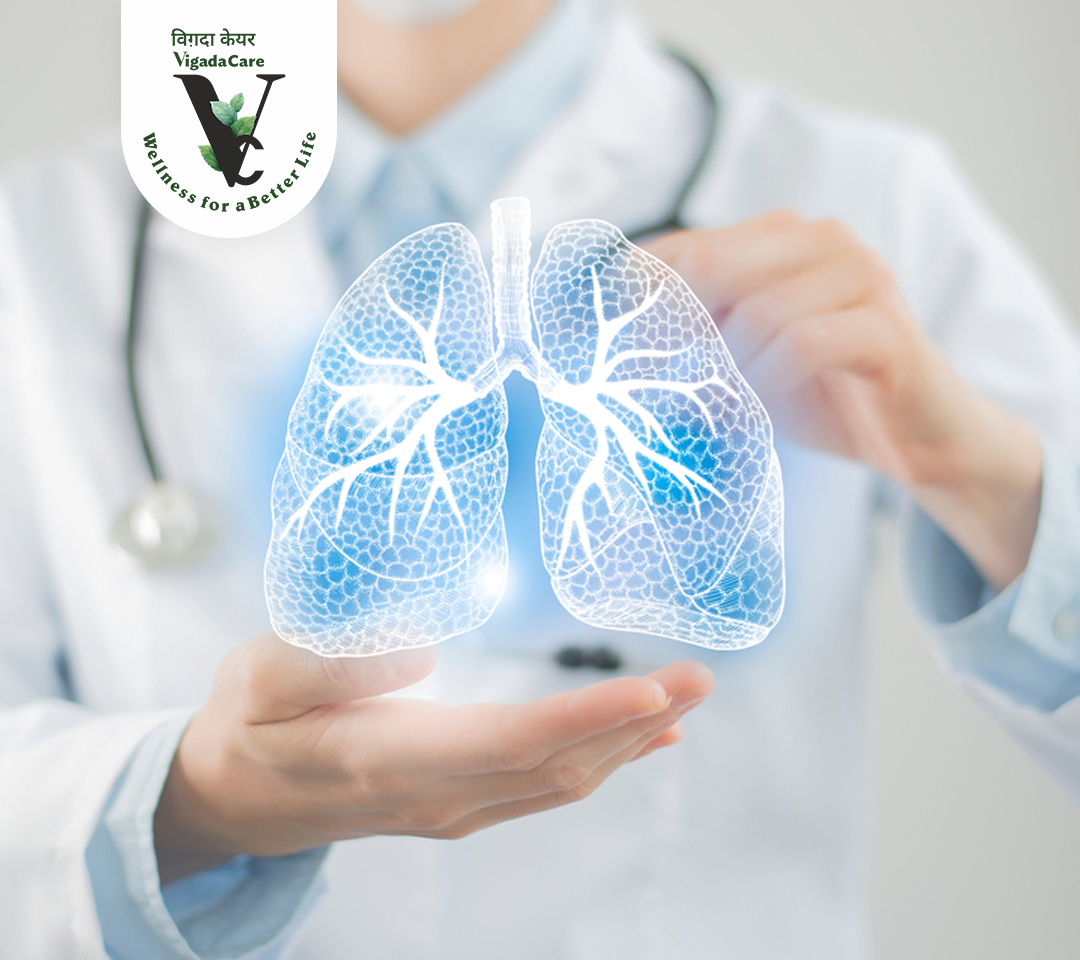
"Breath of Life: Essential Lung Health Tips for a Healthy Respiratory System"
"Breath of Life: Essential Lung Health Tips for a Healthy Re... Read More
How to Deal with Arthritis in winter?
How to Deal with Arthritis in winter? ... Read More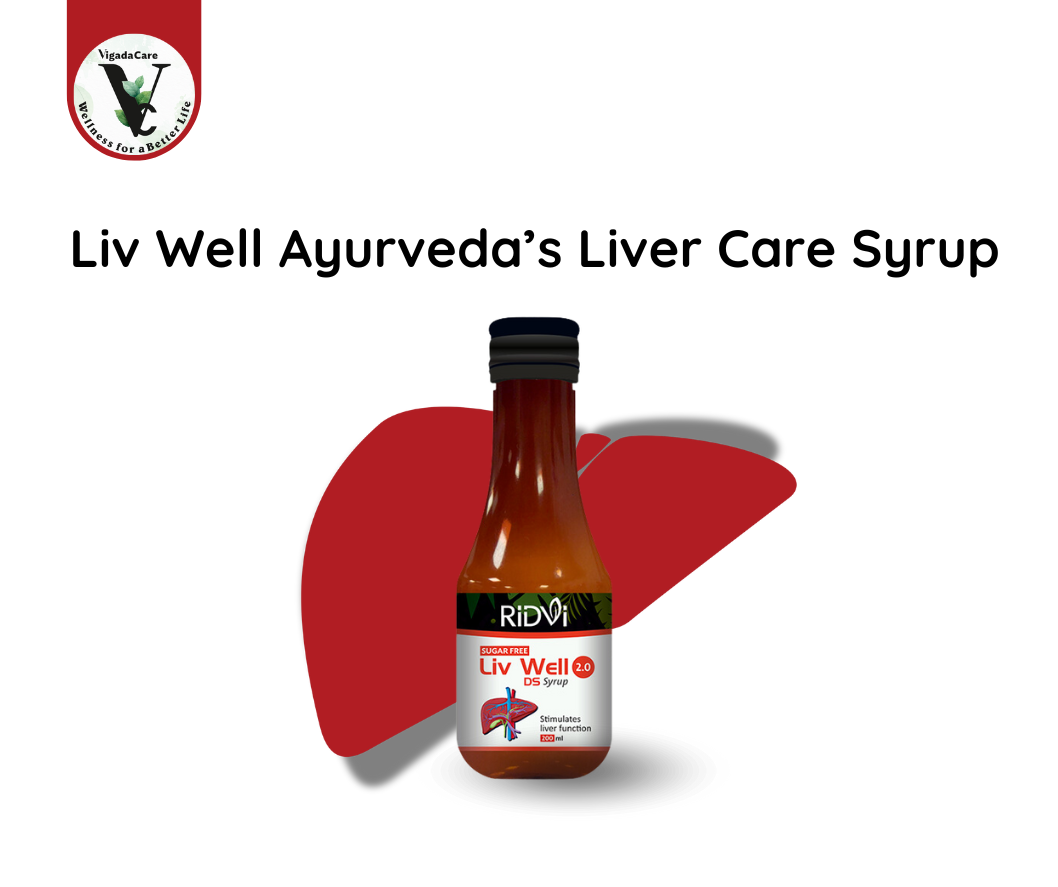
Ayurvedic Liver Syrup: Liv Well Ayurveda’s Liver Care Syrup: Health Benefits, Ingredients, and Uses
Ayurvedic Liver Syrup: Liv Well Ayurveda’s Liver Care ... Read More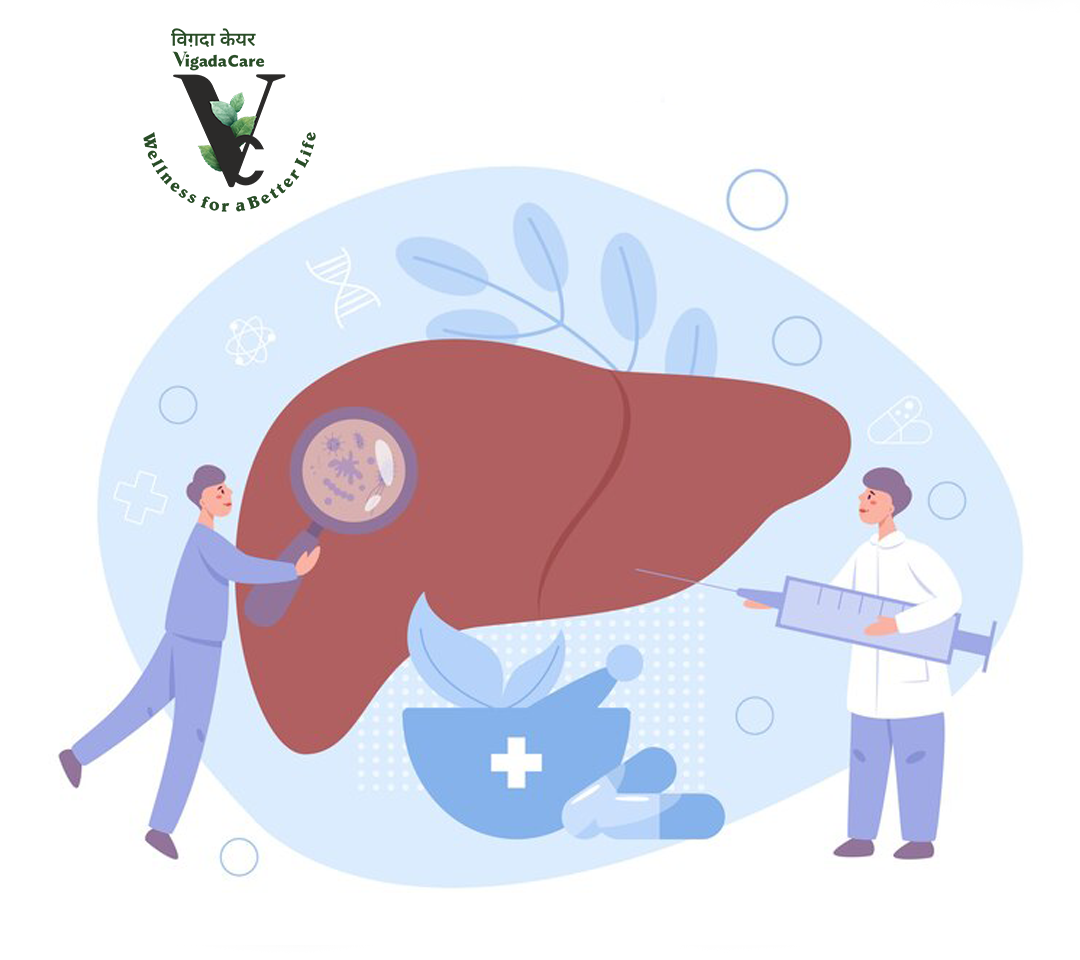
Understanding the Causes, Symptoms, and Treatment of Fatty Liver: A Silent Threat
Understanding the Causes, Symptoms, and Treatment of Fatty L... Read More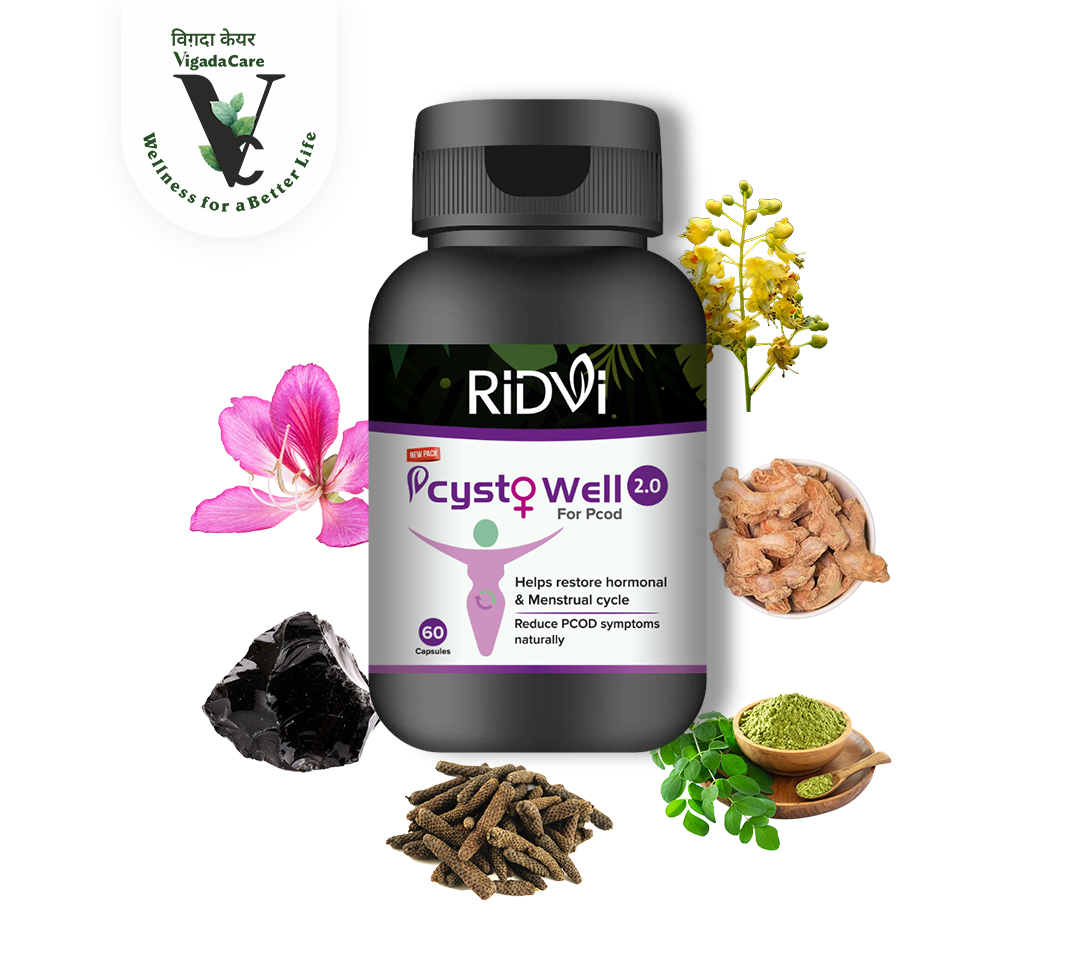
Common Herbs Used in Ayurveda for PCOD Treatment
Common Herbs Used in Ayurveda for PCOD Treatment Ayurvedic ... Read More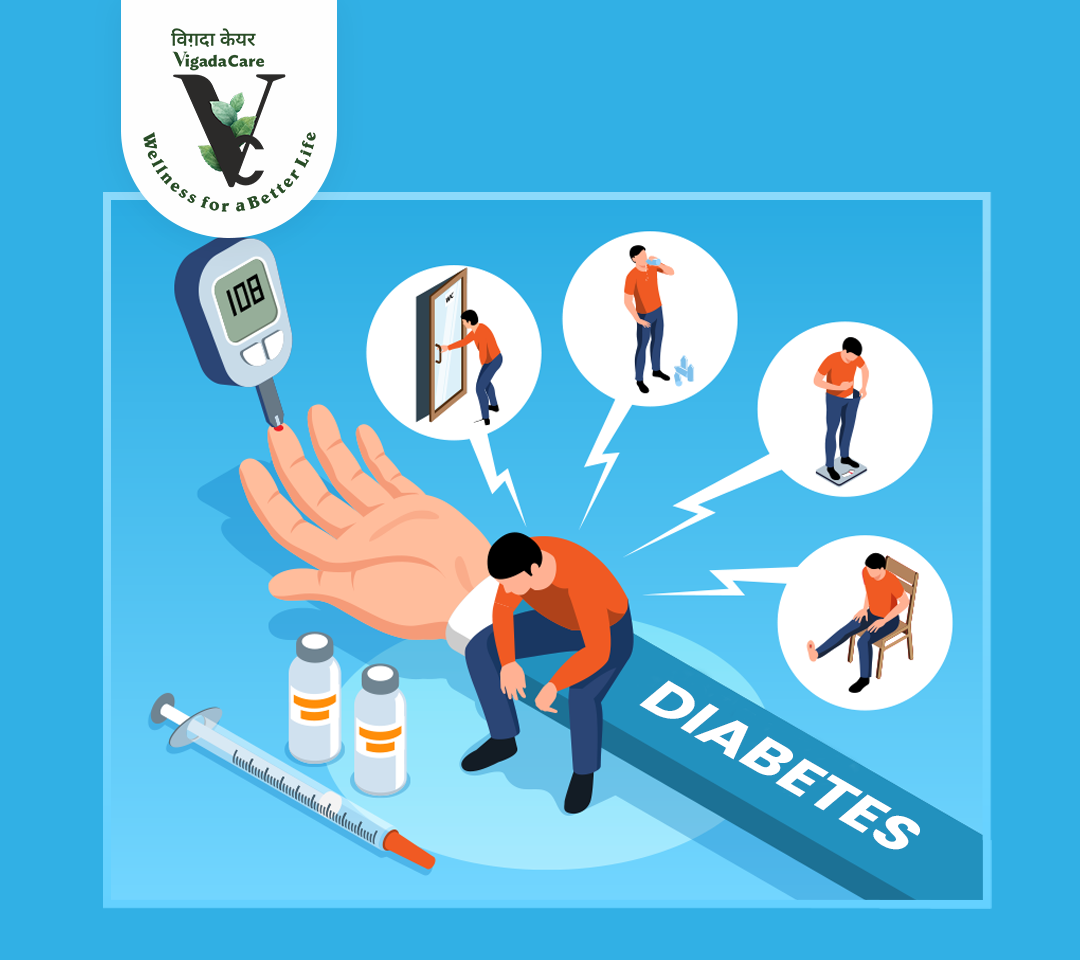
How is diabetes becoming a growing concern, and what are the Ayurvedic treatment options?
How is diabetes becoming a growing concern, and what are the... Read More
Managing Hypertension Remedy Naturally With RiDVi BP Well
Managing Hypertension Remedy Naturally With RiDVi BP Well&nb... Read More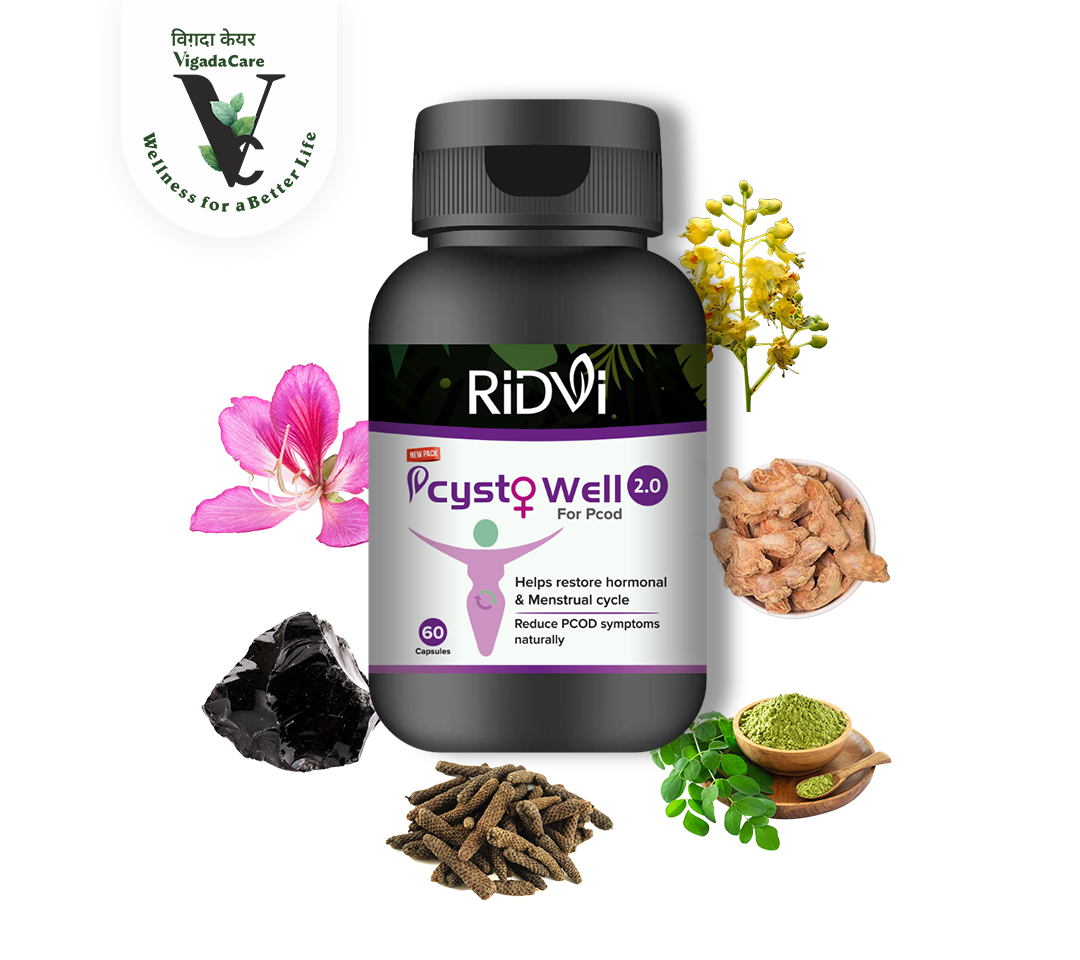
Top 10 Ayurvedic Remedies for Managing PCOD
Top 10 Ayurvedic Remedies for Managing PCOD Polycysti... Read More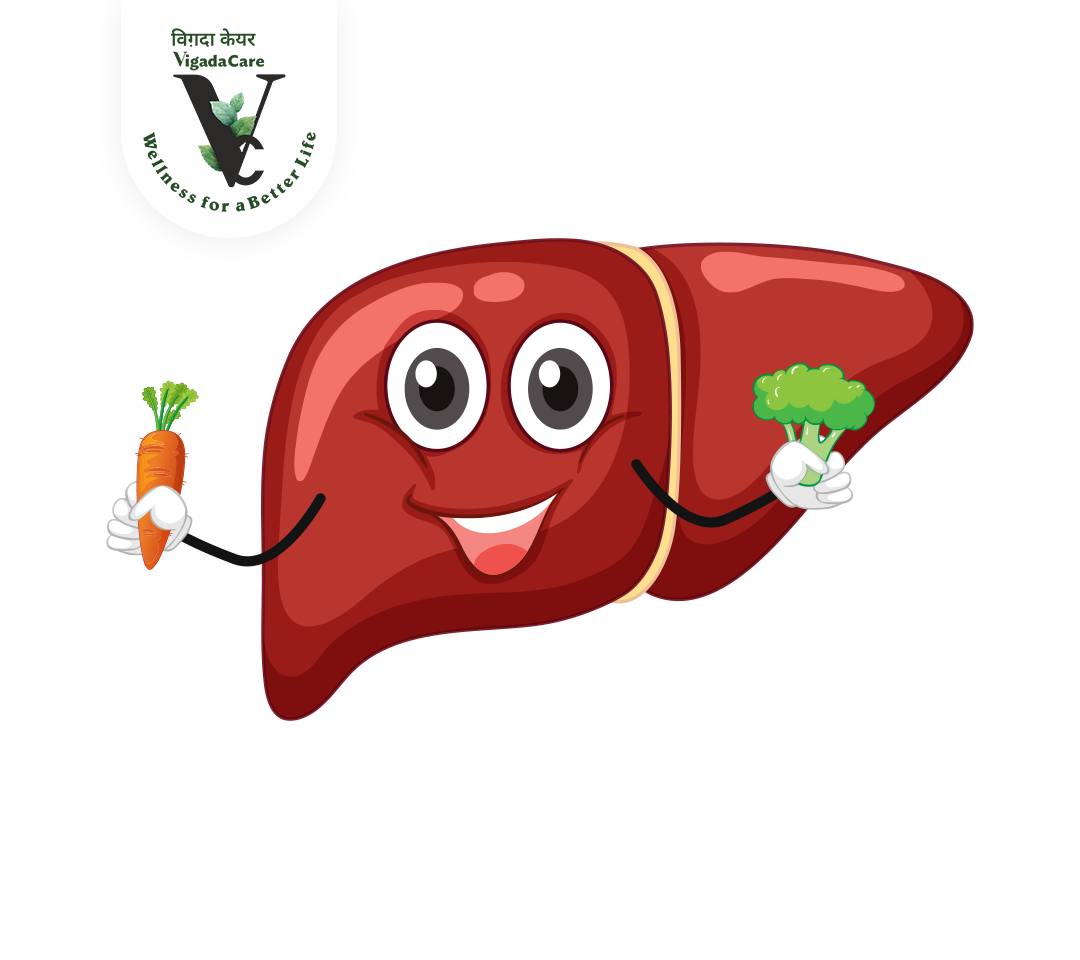
The Silent Giant: Why Your Liver Is Vital to Your Overall Health
The Silent Giant: Why Your Liver Is Vital to Your Overall He... Read More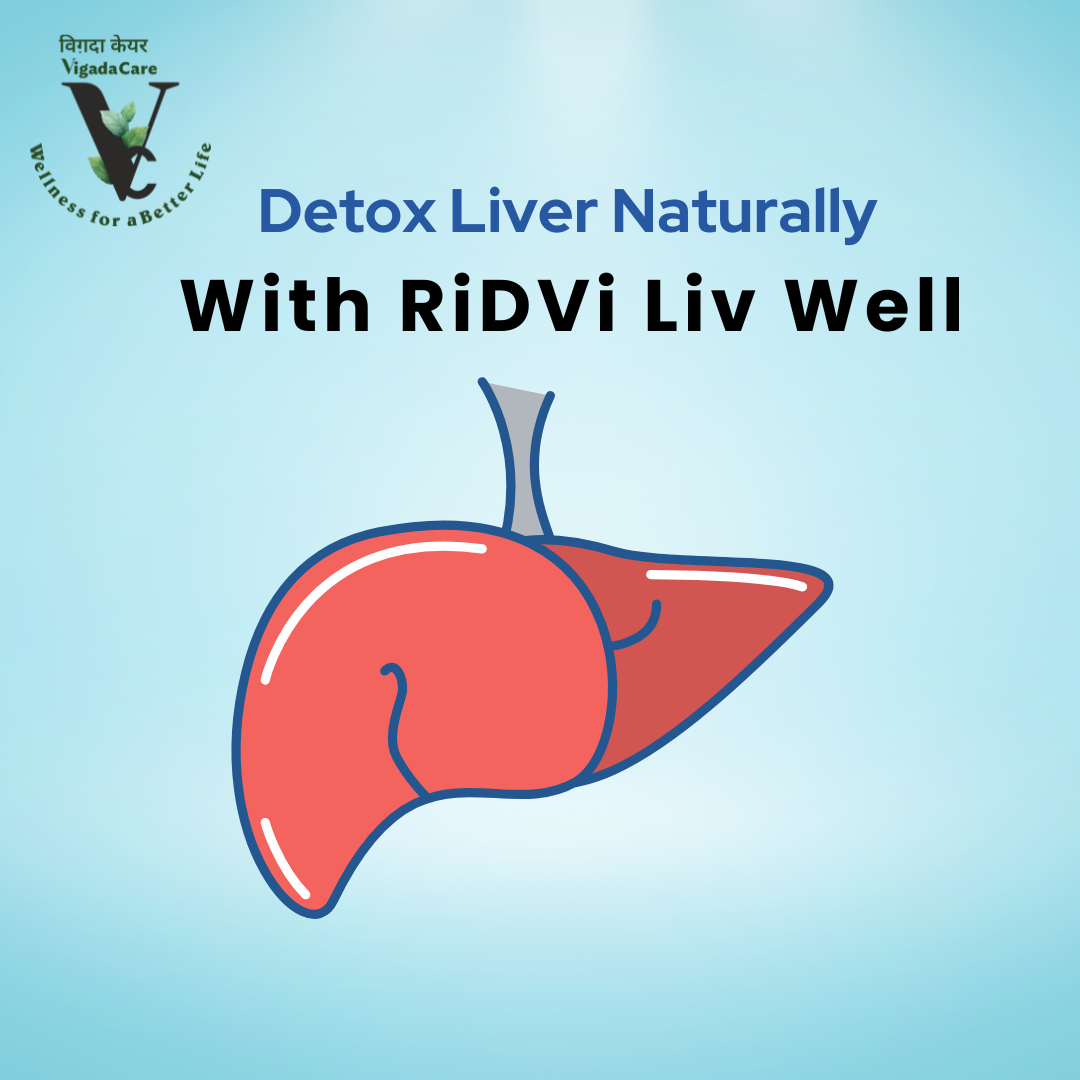
Detox Liver Naturally with Ayurvedic Medicine: RiDVi Liv Well Tablets
Detox Liver Naturally with Ayurvedic Medicine: RiDVi Liv Wel... Read More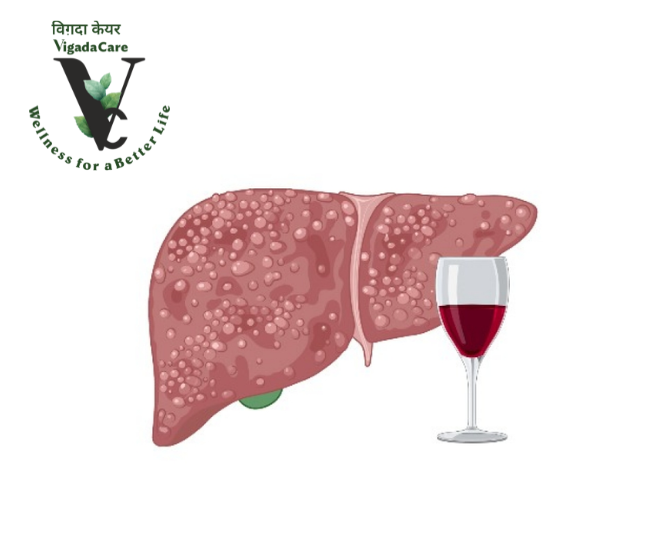
The Effects of Alcohol on the Liver and Prevention with RiDVi Liv Well Ayurvedic Medicine
The Effects of Alcohol on the Liver and Prevention with RiDV... Read More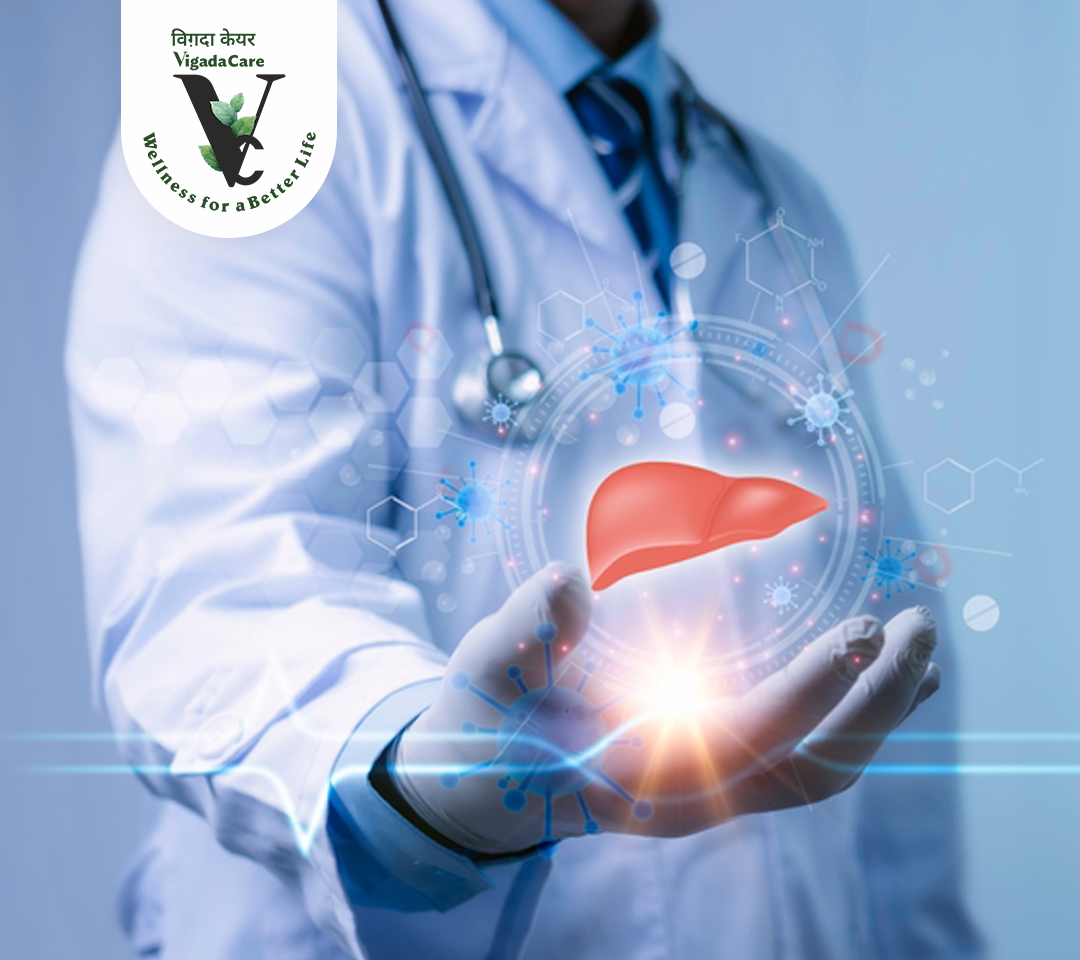
Liver Health During the Monsoon: Prevention Tips with Ayurvedic Products
Liver Health During the Monsoon: Prevention Tips with Ayurve... Read More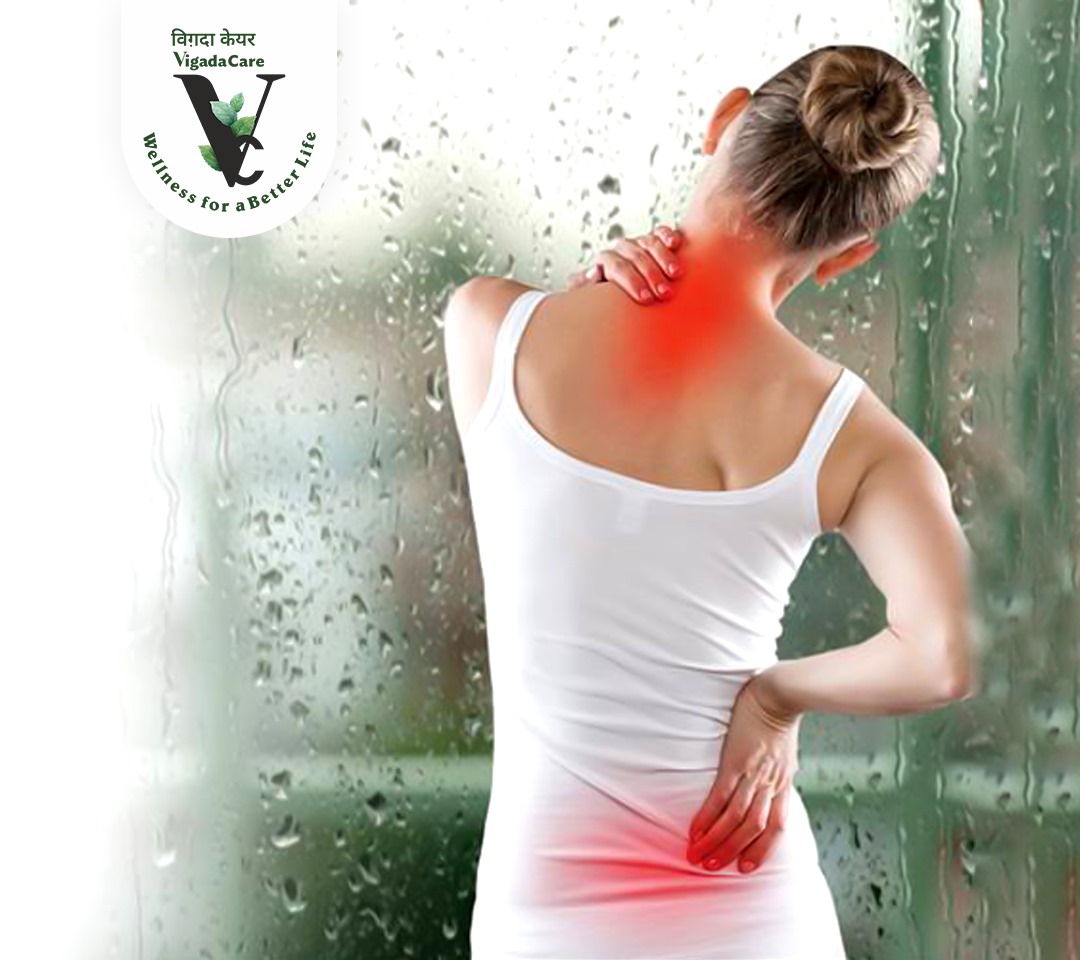
How to Keep Your Bones and Joints Healthy During the Monsoon Season?
How to Keep Your Bones and Joints Healthy During the Monsoon... Read More
The Air You Breathe – Preventing Respiratory Diseases with RiDVi Breathe Well
The Air You Breathe – Preventing Respiratory Diseases ... Read More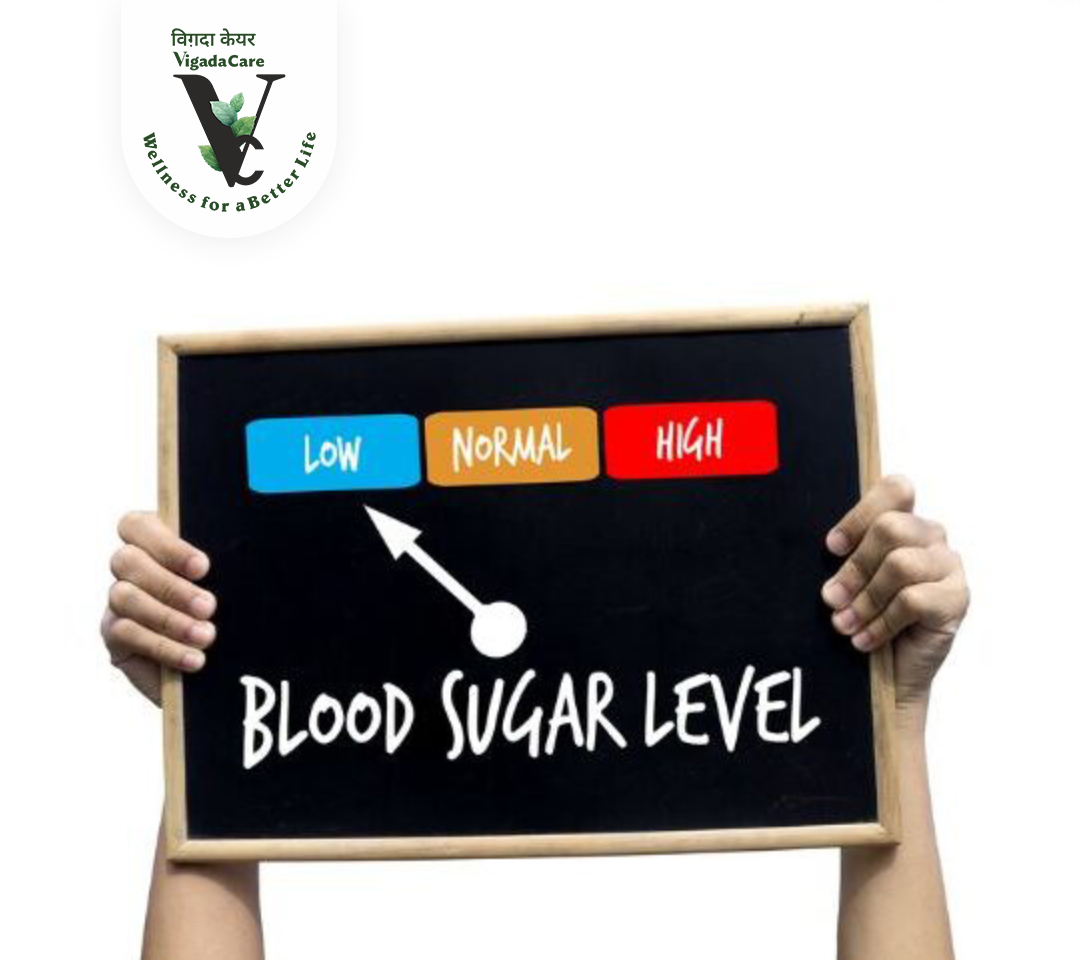
How Ayurveda RiDVi Gluco Well Medicine Can Help You Control Your Blood Sugar?
How Ayurveda RiDVi Gluco Well Medicine Can Help You Control ... Read More
Manage Your Blood Pressure Naturally With Ridvi BP Well
Manage Your Blood Pressure Naturally With Ridvi BP Well,&nbs... Read More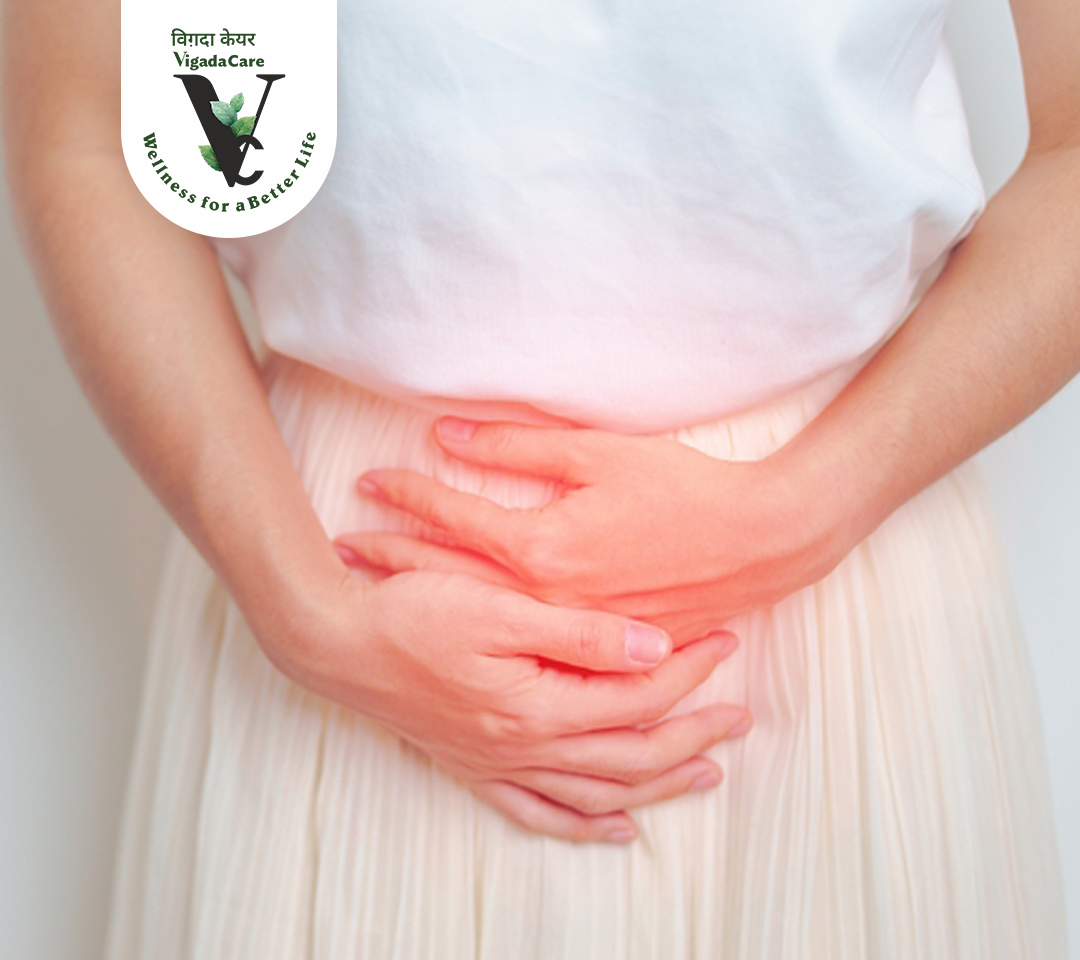
Understanding Period Pain: Causes, Symptoms, and Relief with RiDVi Pcysto Well Ayurvedic Medicine
Understanding Period Pain: Causes, Symptoms, and Relief with... Read More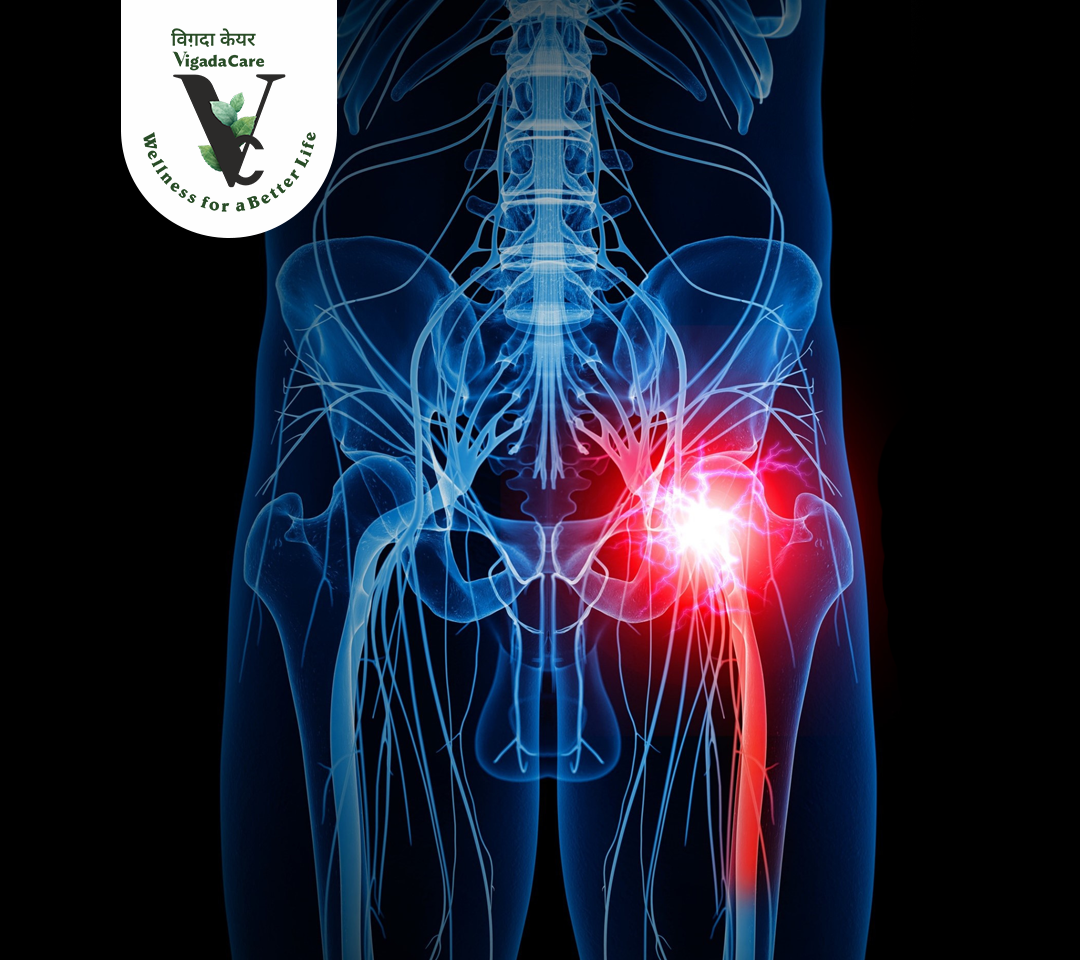
Understanding Sciatica Pain: Causes, Symptoms, and Relief with RiDVi Ortho Well Oil
Understanding Sciatica Pain: Causes, Symptoms, and Relief wi... Read More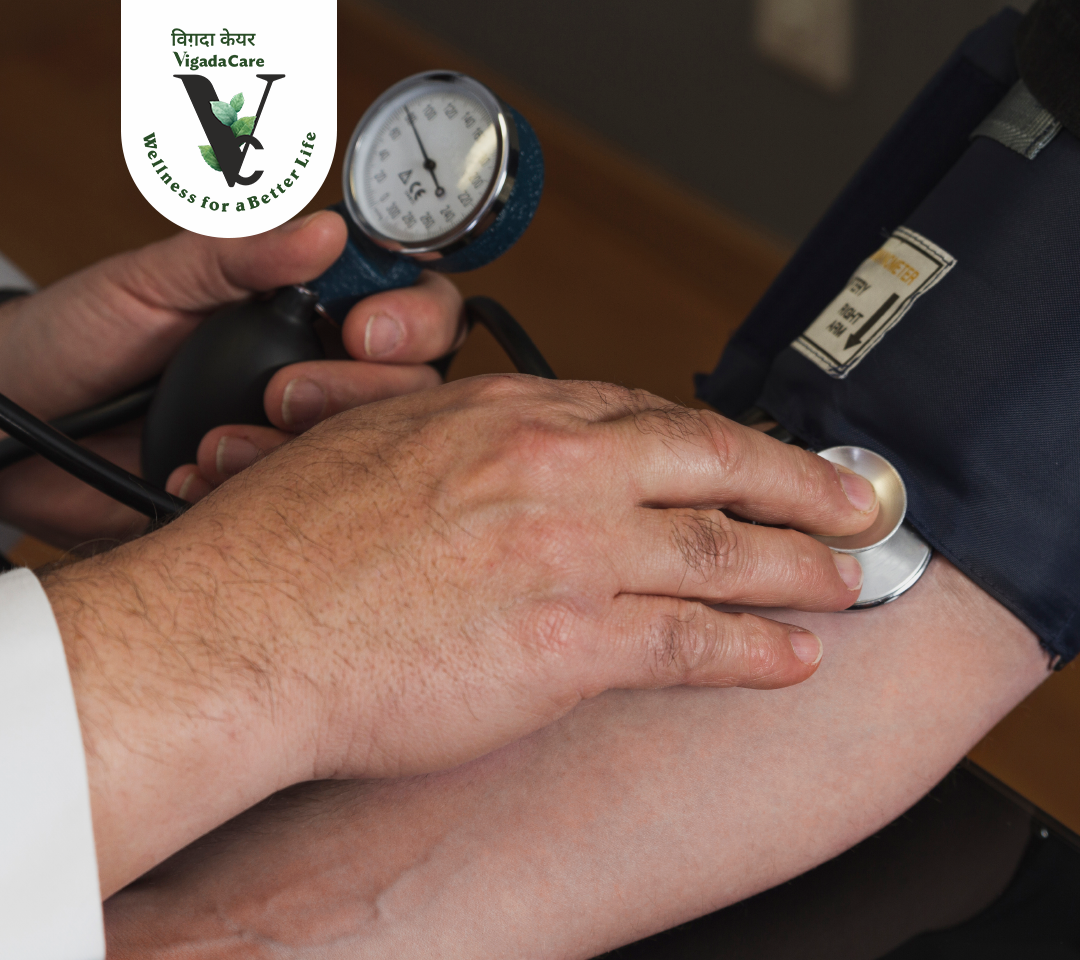
Top Ayurvedic Herbs to Control High Blood Pressure
Ayurvedic Herbs for Blood Pressure: Concerns and Solutions ... Read More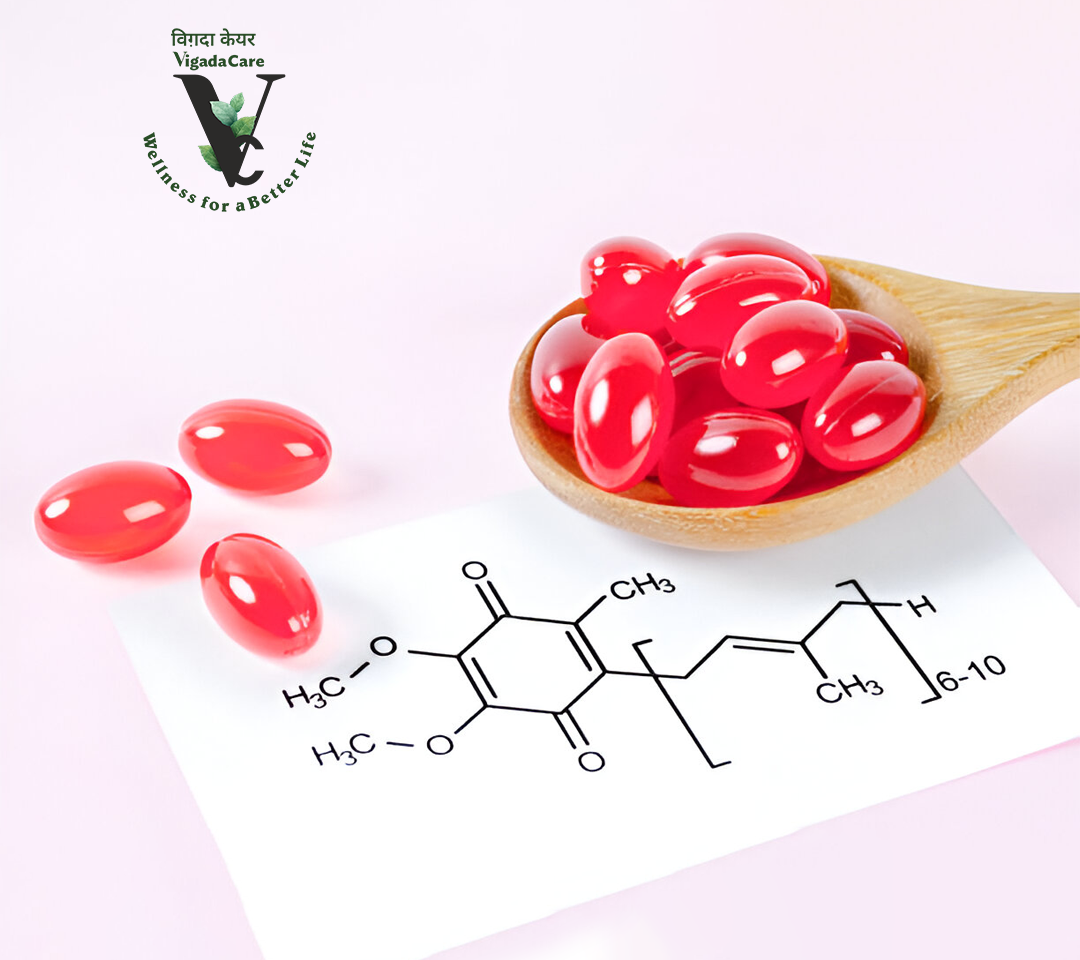
The Power of CoQ10: How This Antioxidant Helps Prevent Disease
The Power of CoQ10: How This Antioxidant Helps Prevent Disea... Read More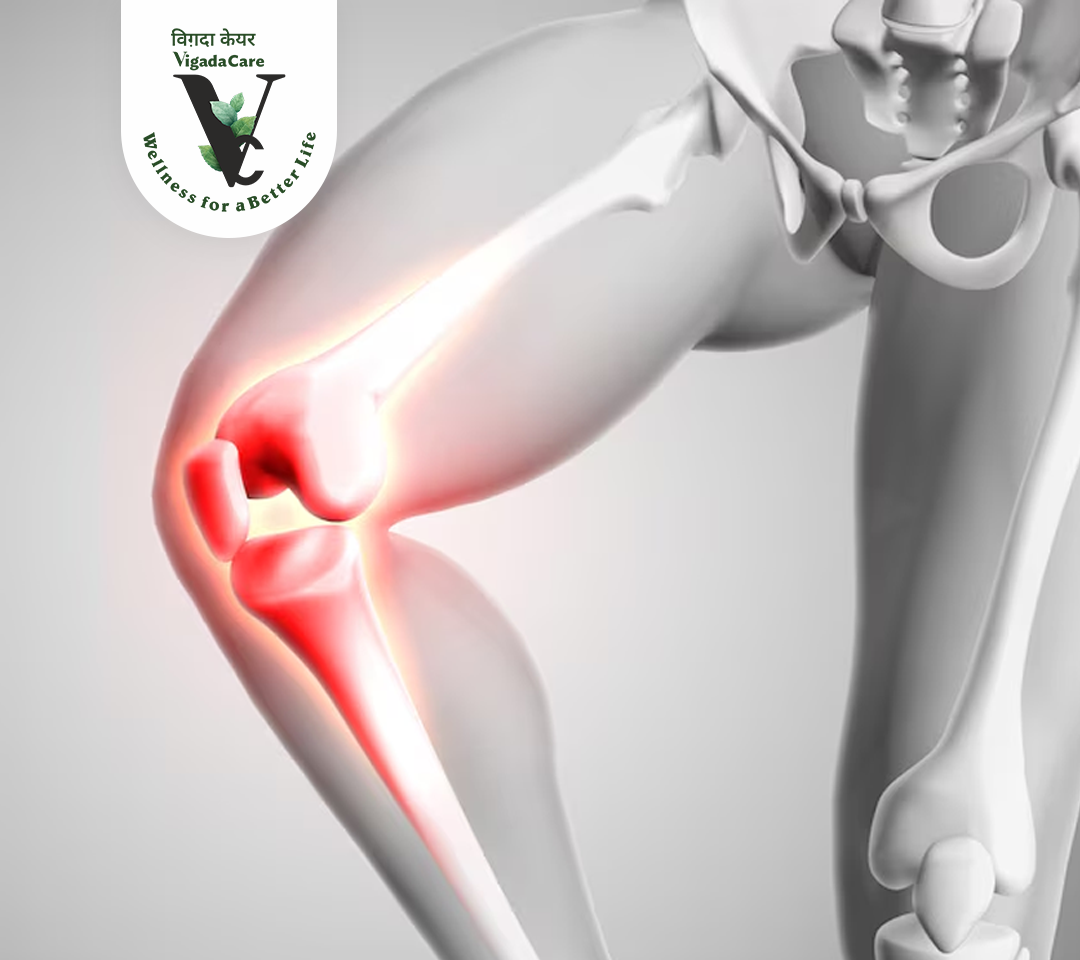
Elderly Knee Pain: An Ayurvedic Approach Using RiDVi Ortho Well Oil and Tablets
Elderly Knee Pain: An Ayurvedic Approach Using RiDVi Ortho W... Read More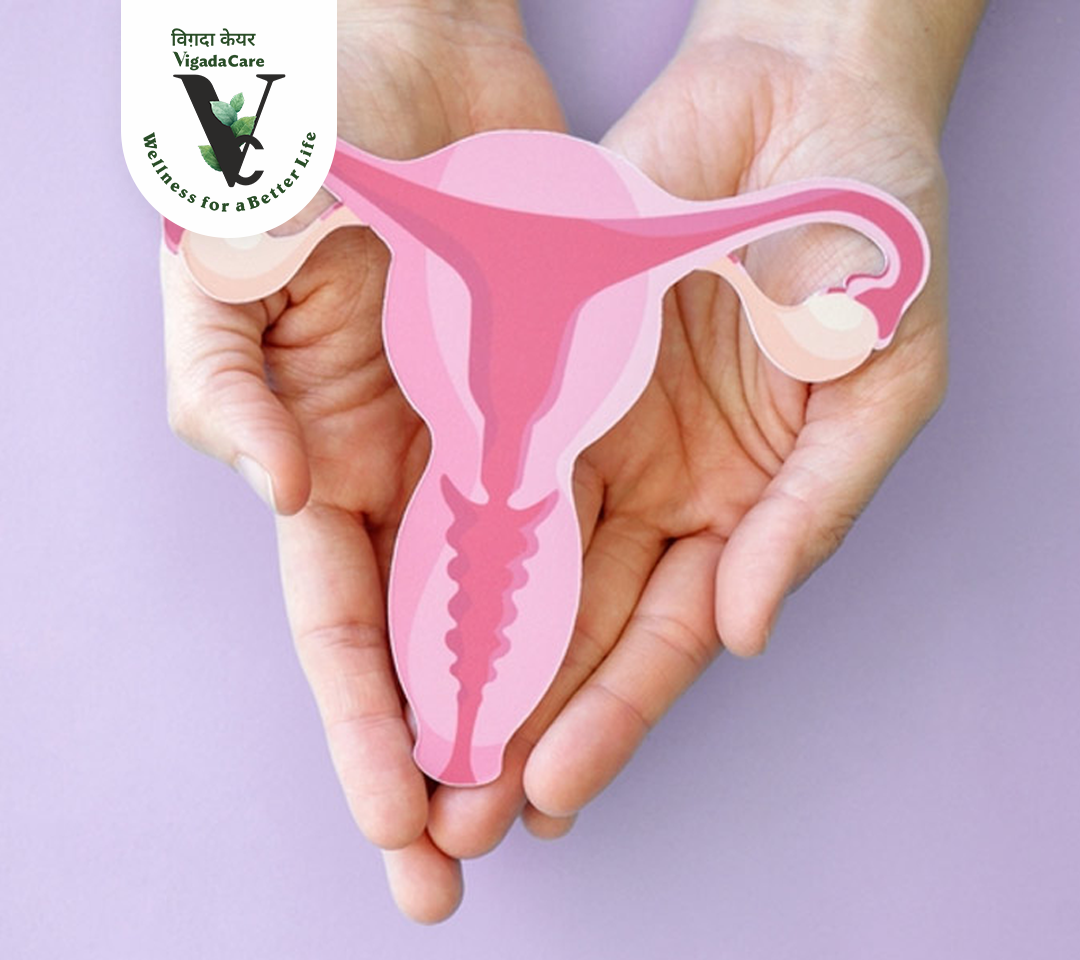
A Comprehensive Examination of PCOD's Emotional Journey
A Comprehensive Examination of PCOD's Emotional Journey PCO... Read More
4 Natural Solutions for Women's Hormonal Imbalances
4 Natural Solutions for Women's Hormonal Imbalances Mood sw... Read More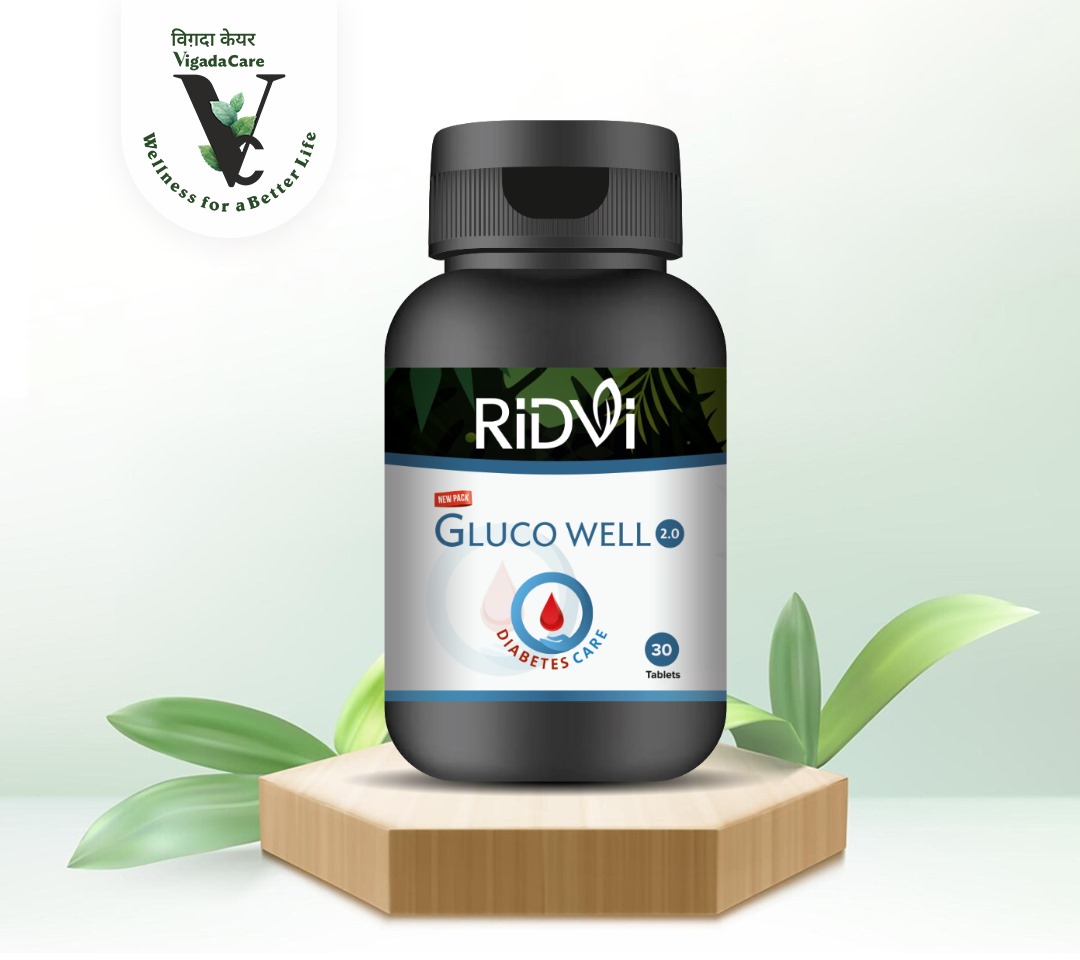
Harness the Power of Ayurveda with RiDVi Gluco Well: Your Natural Solution for Diabetes Control
Harness the Power of Ayurveda with RiDVi Gluco Well: Your Na... Read More